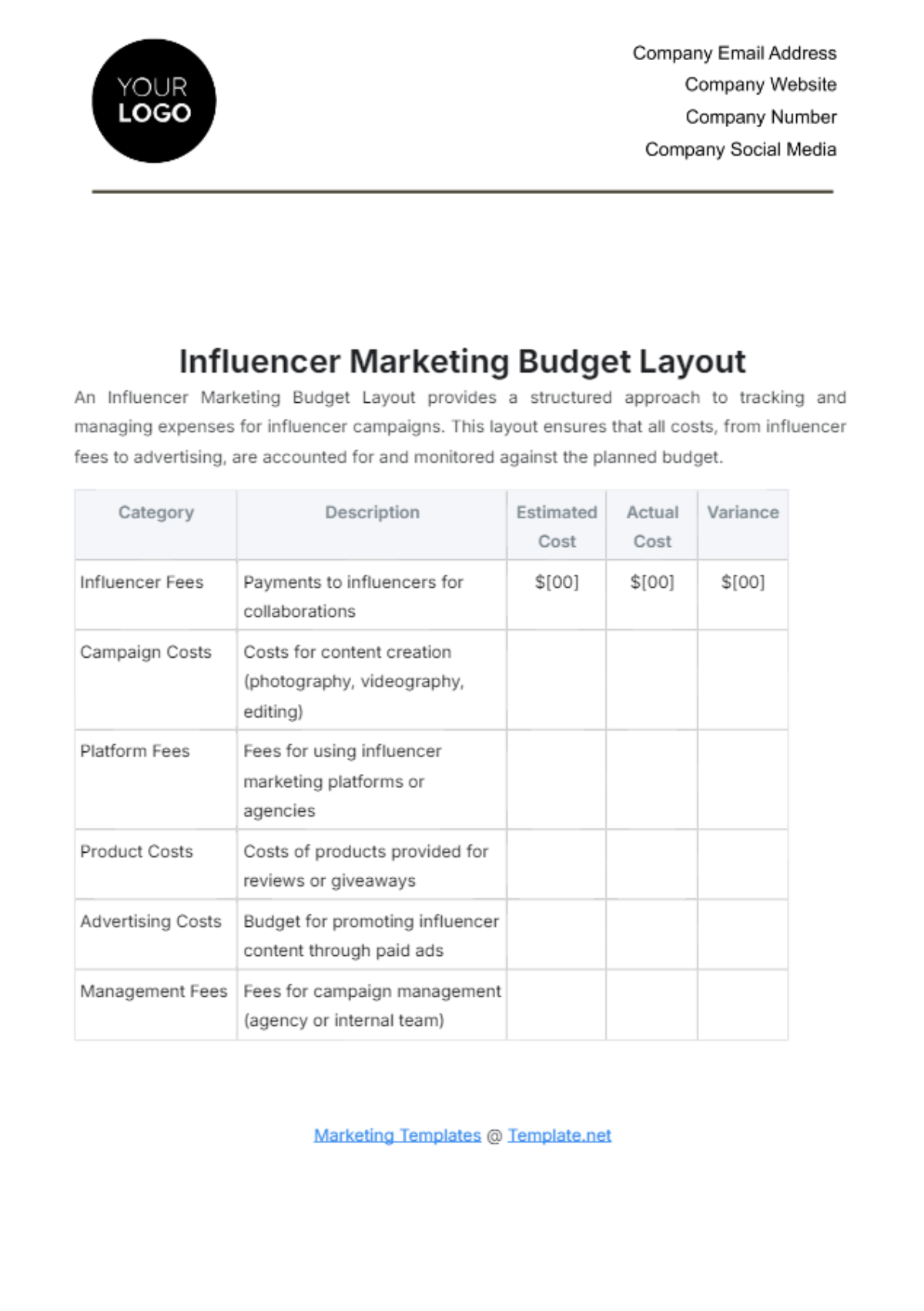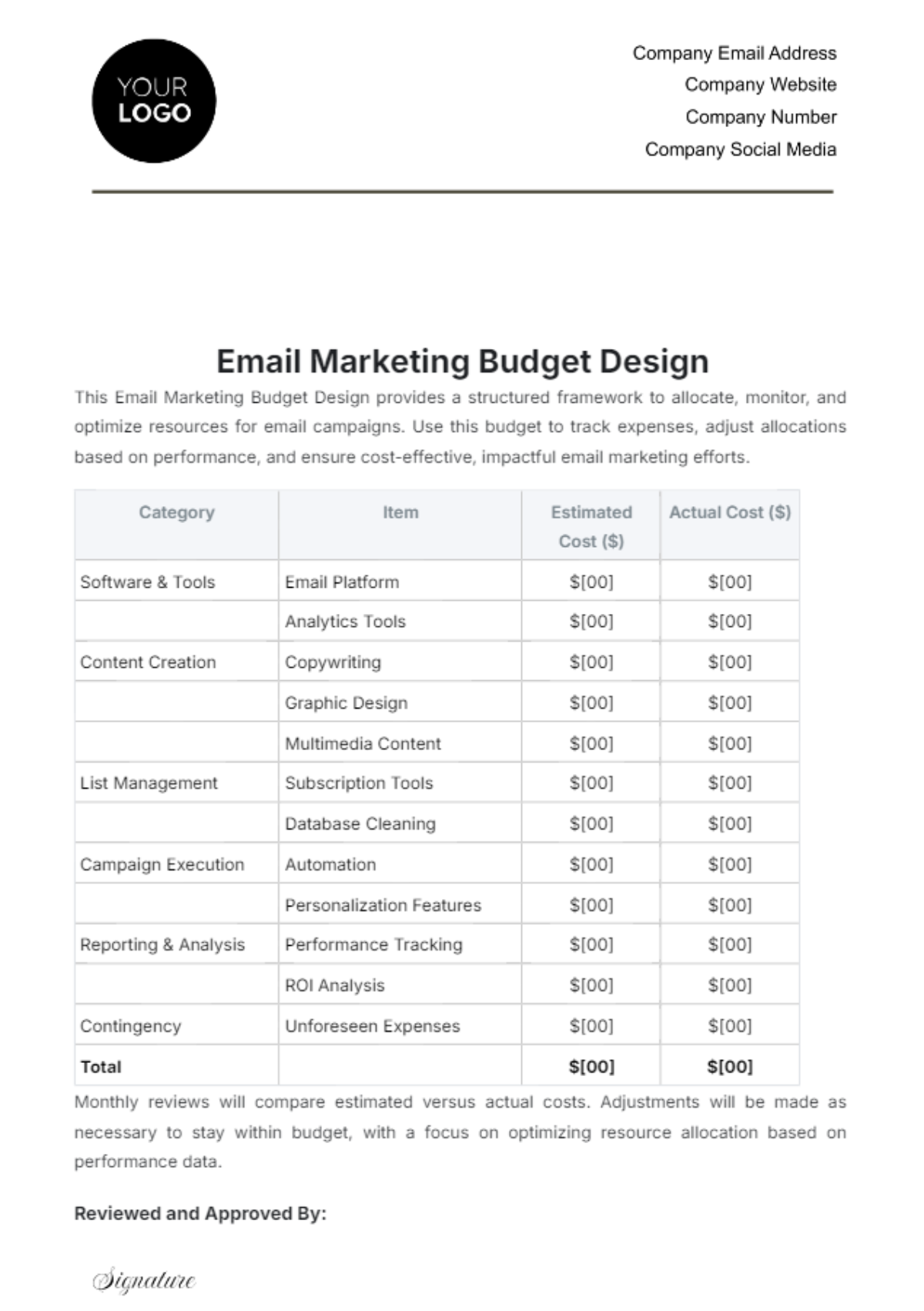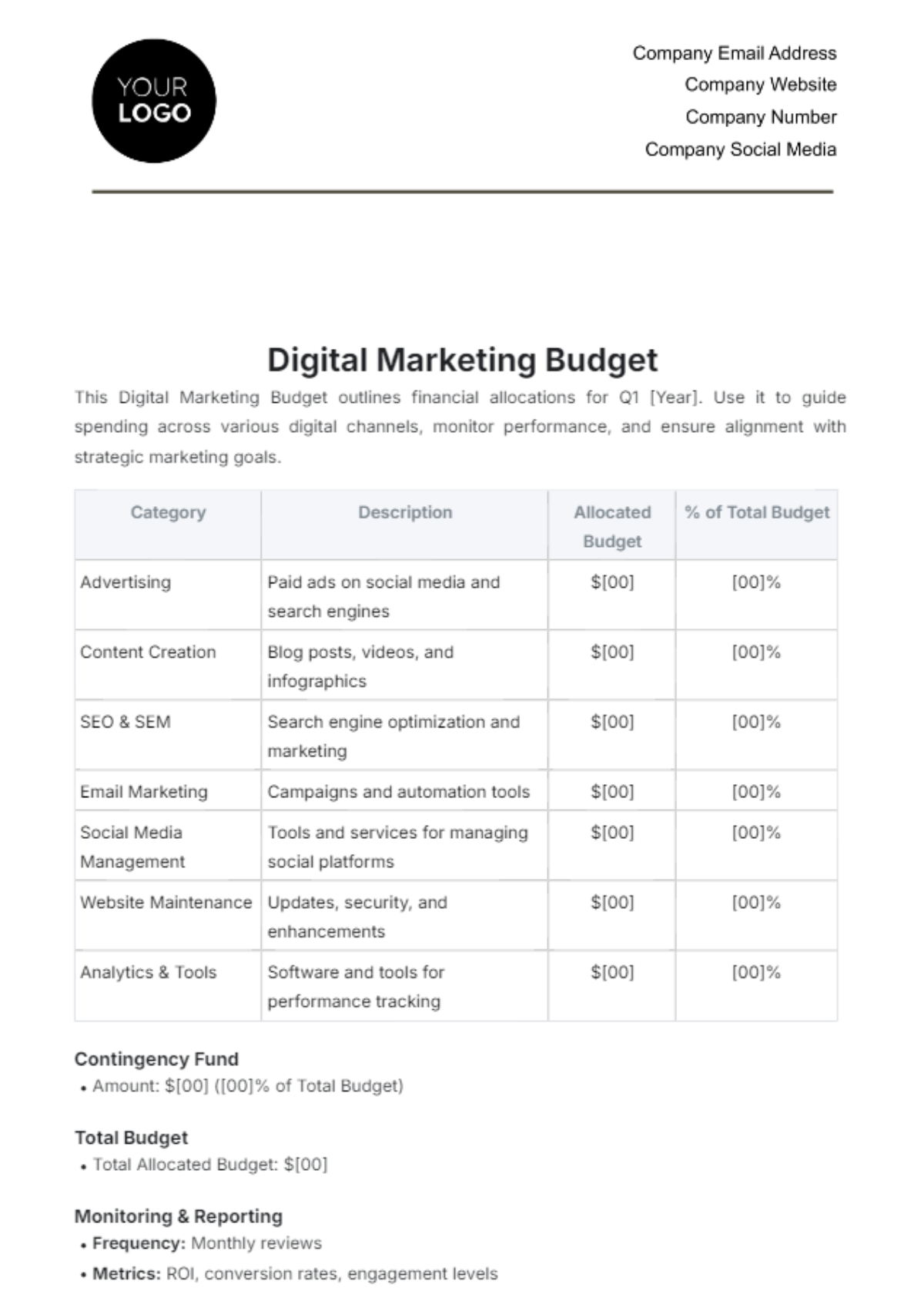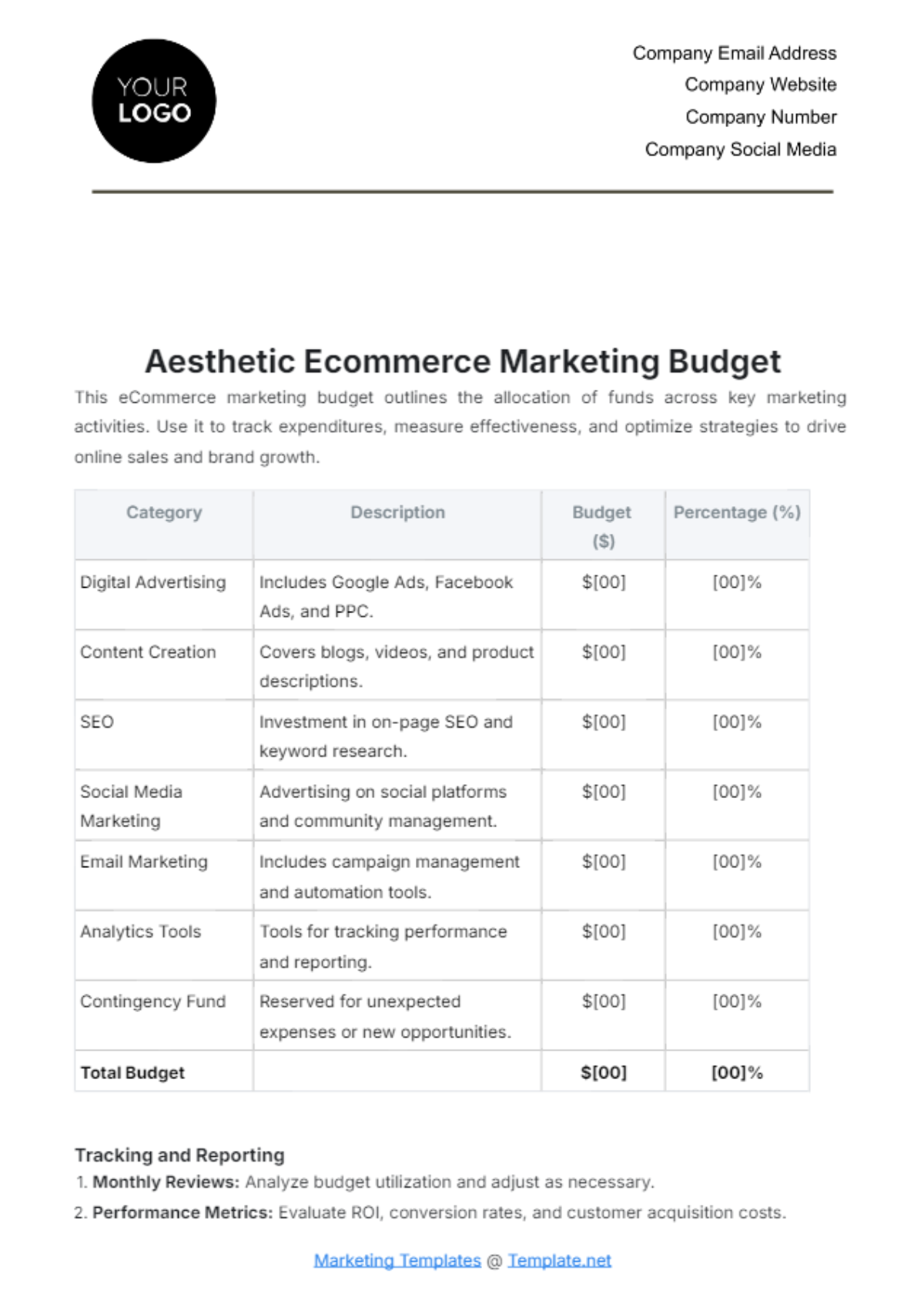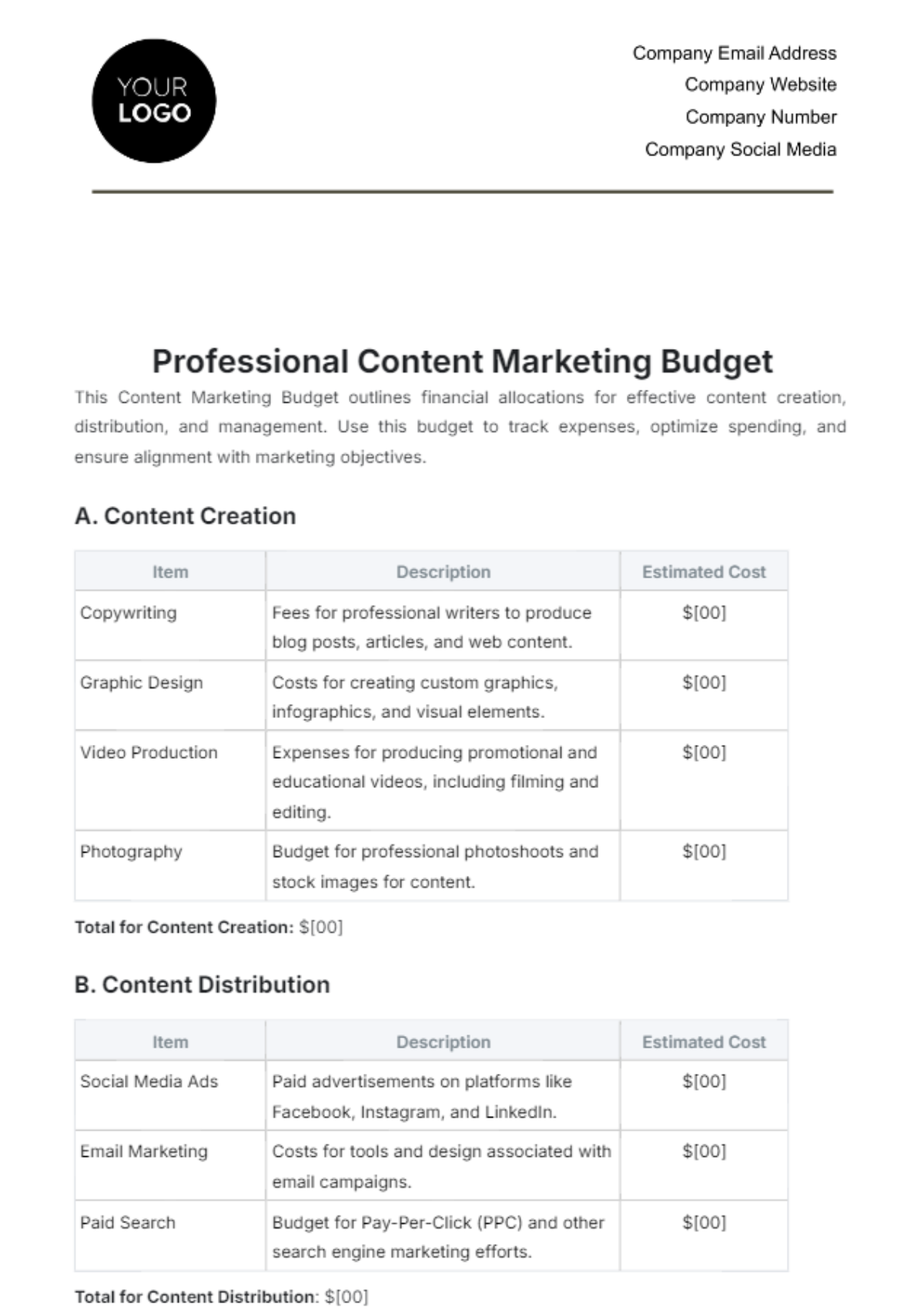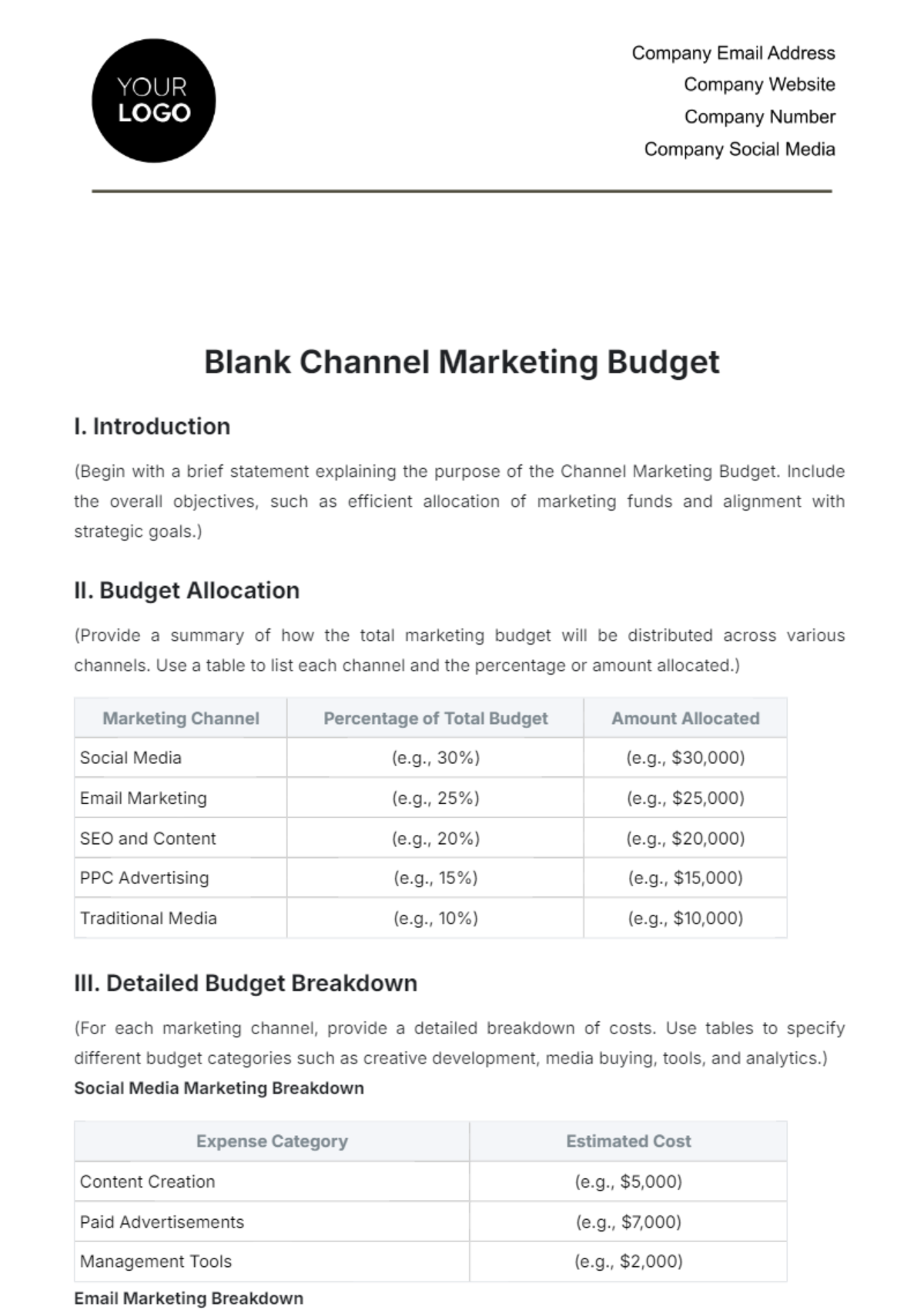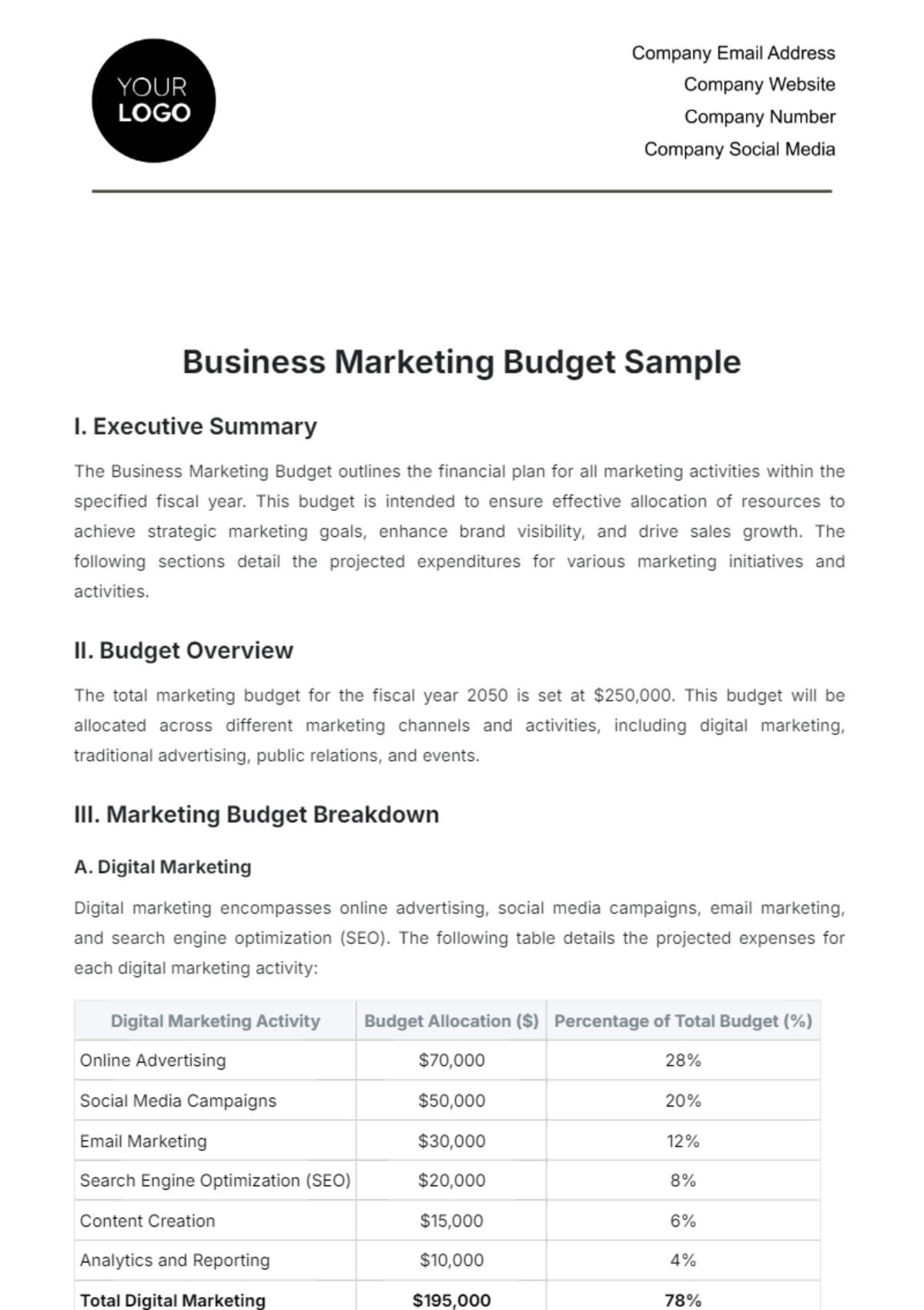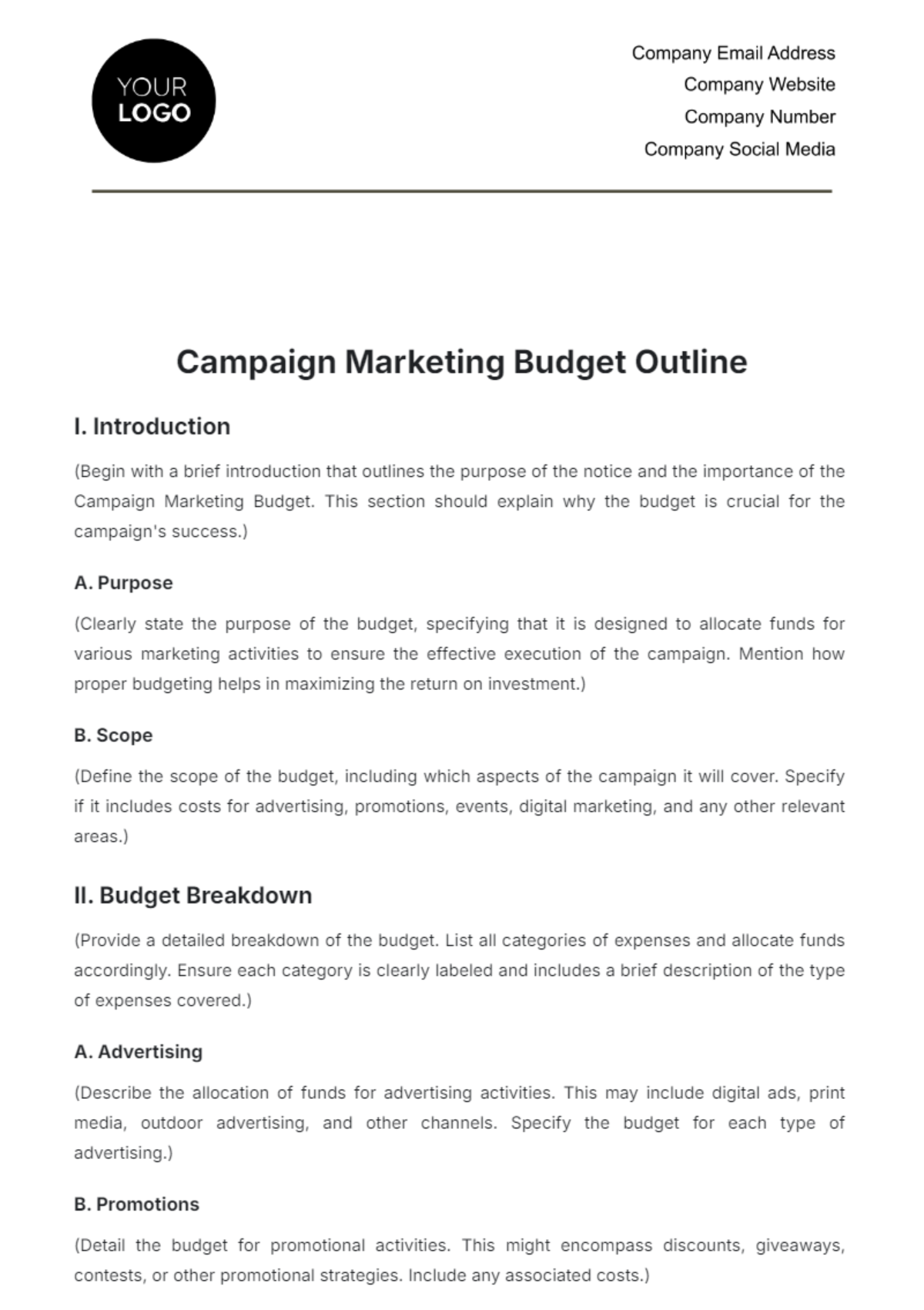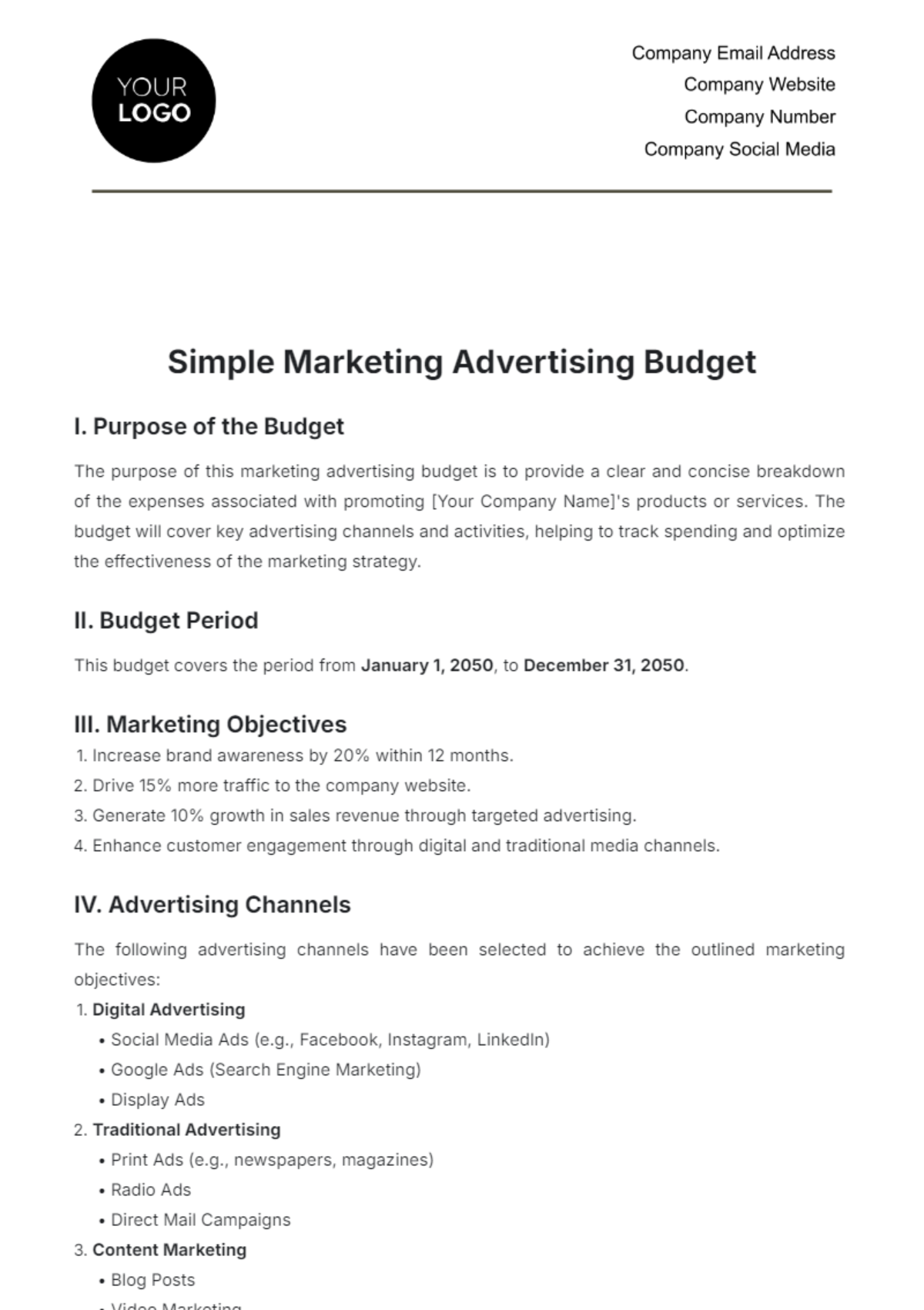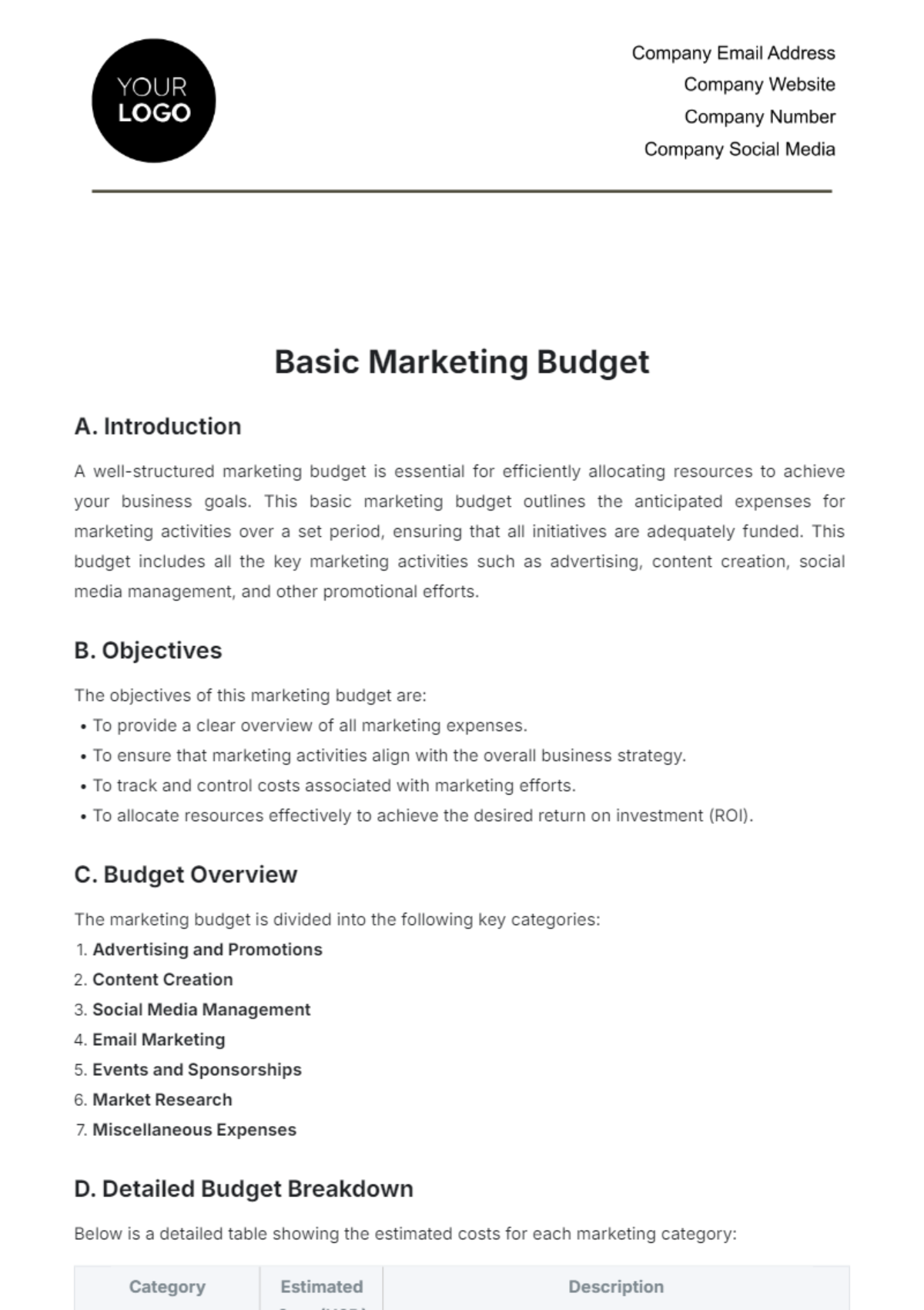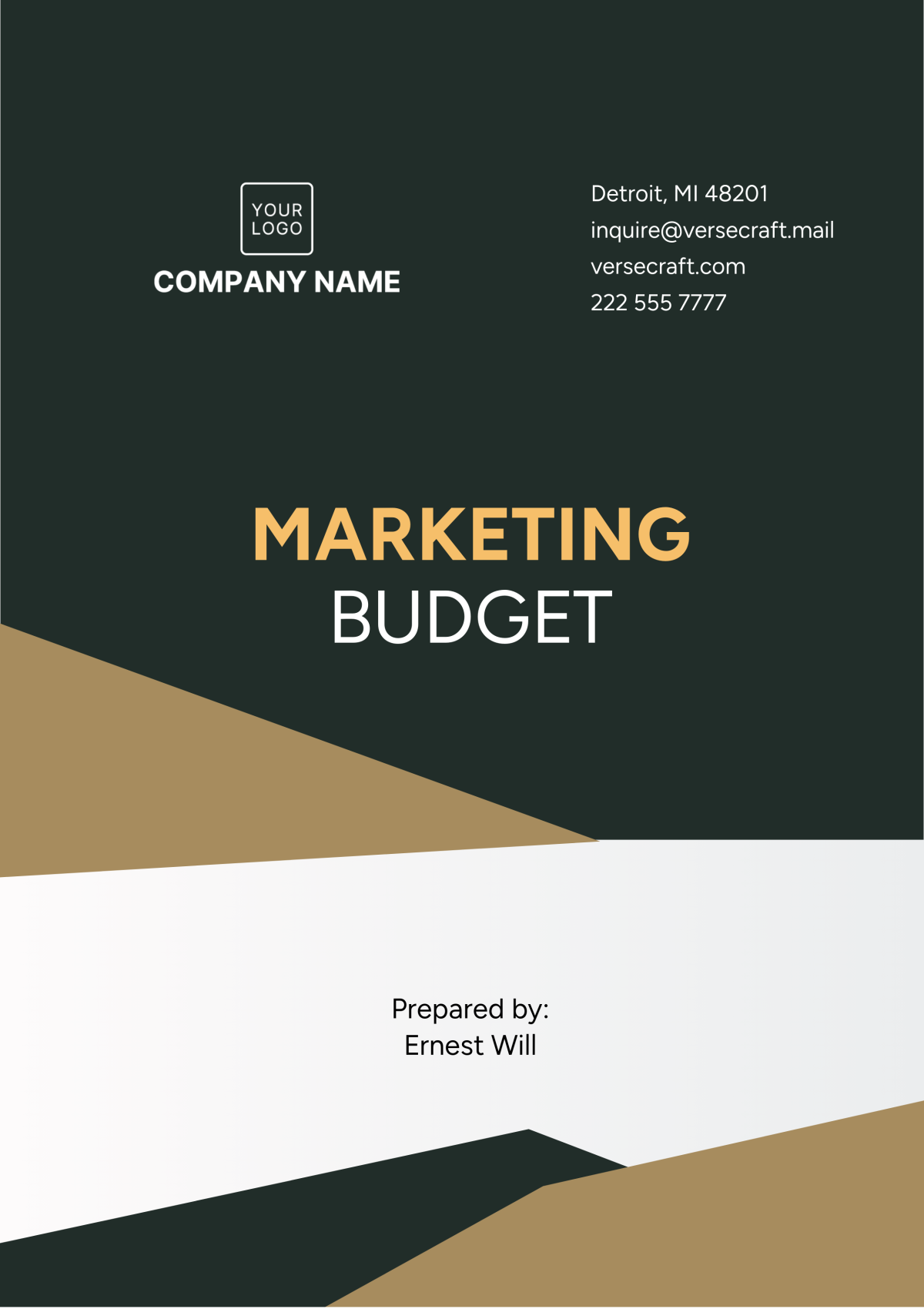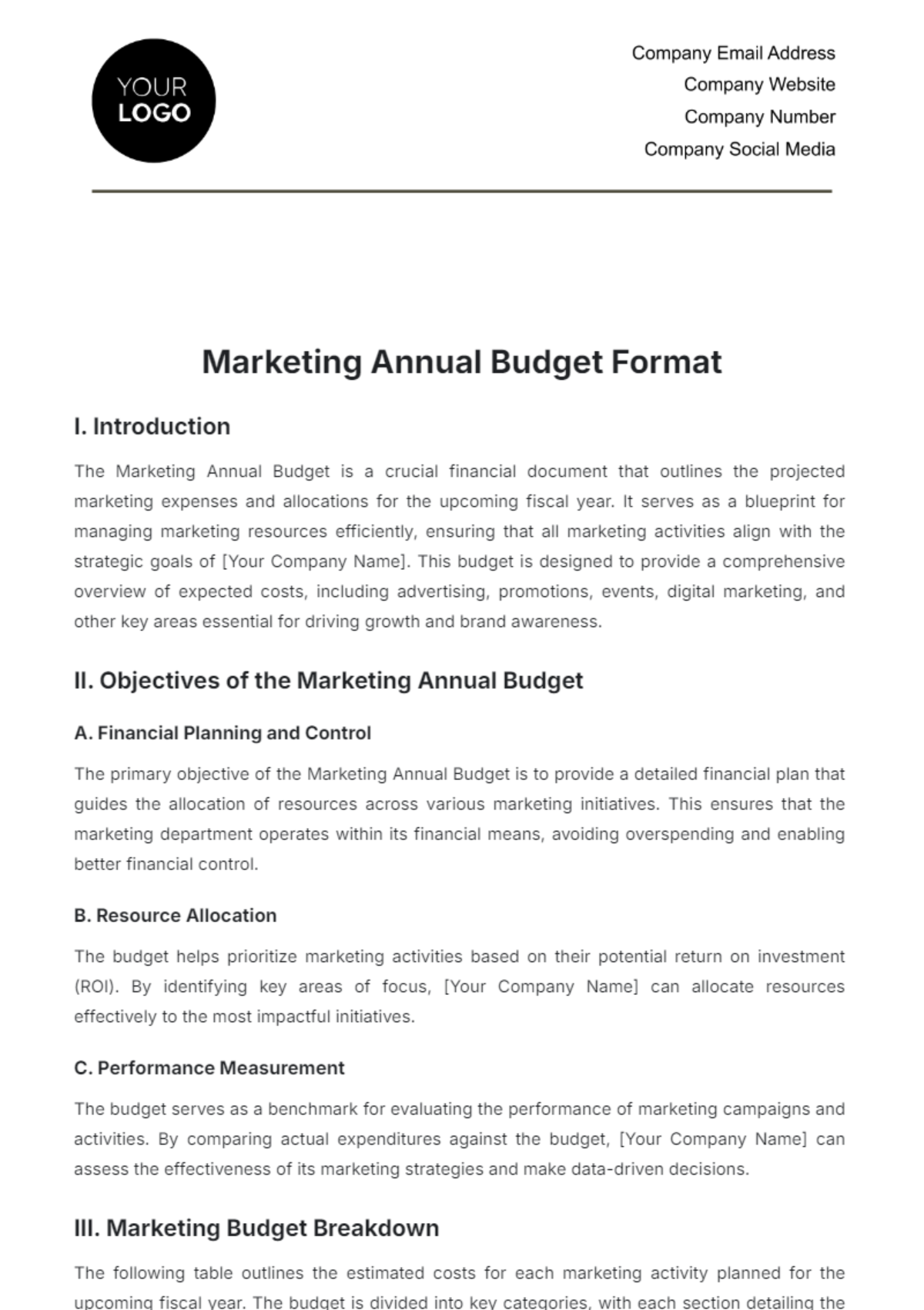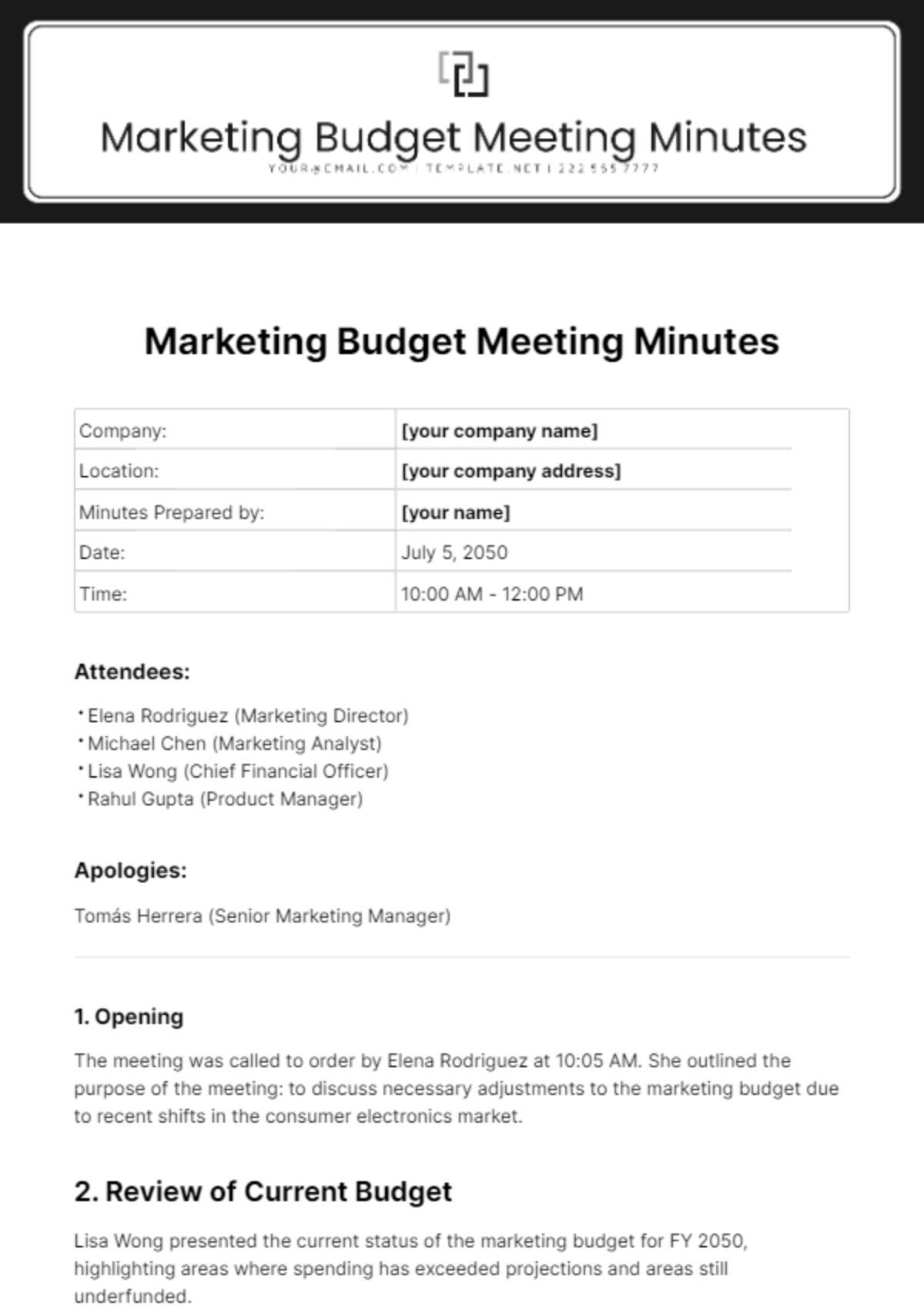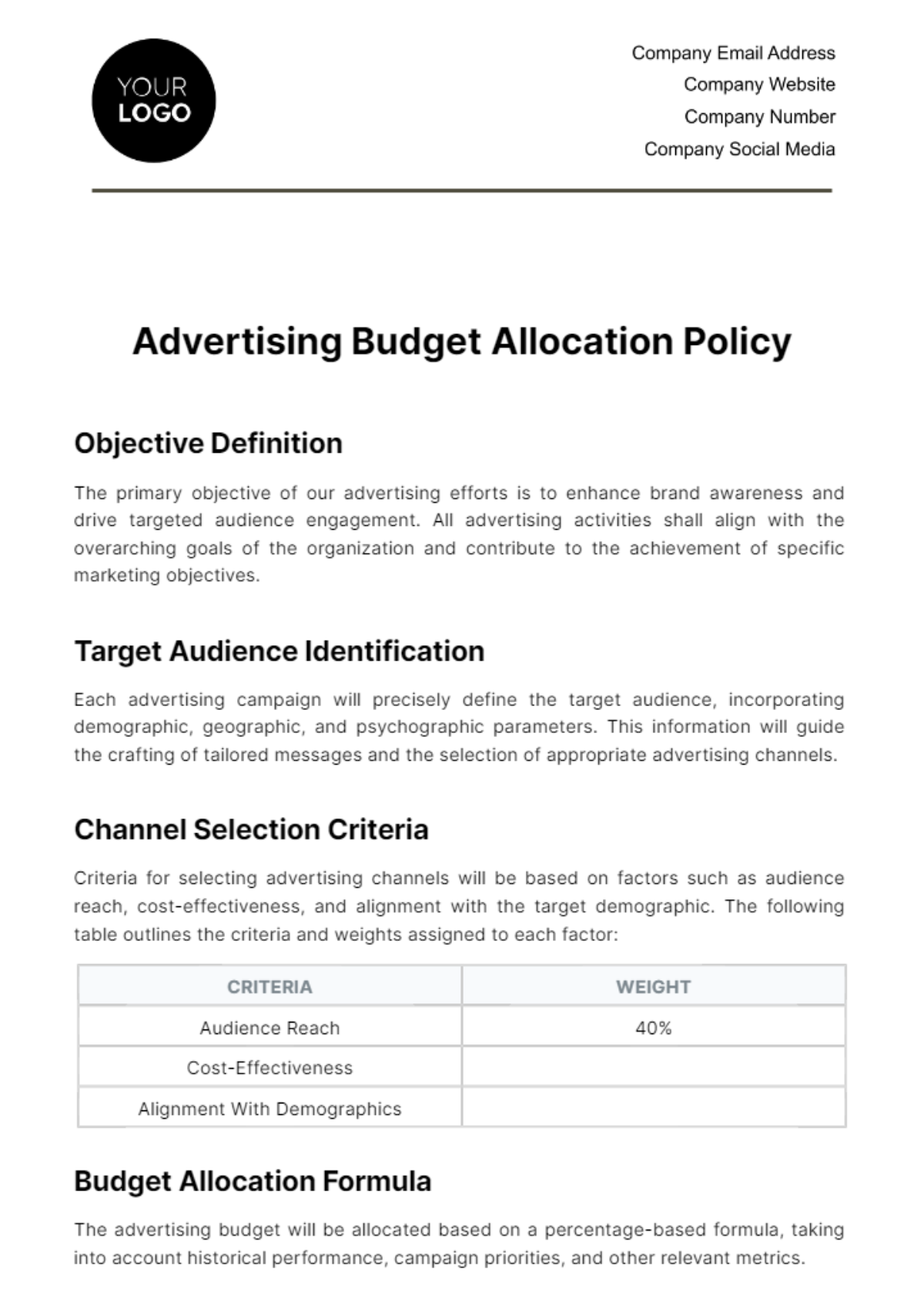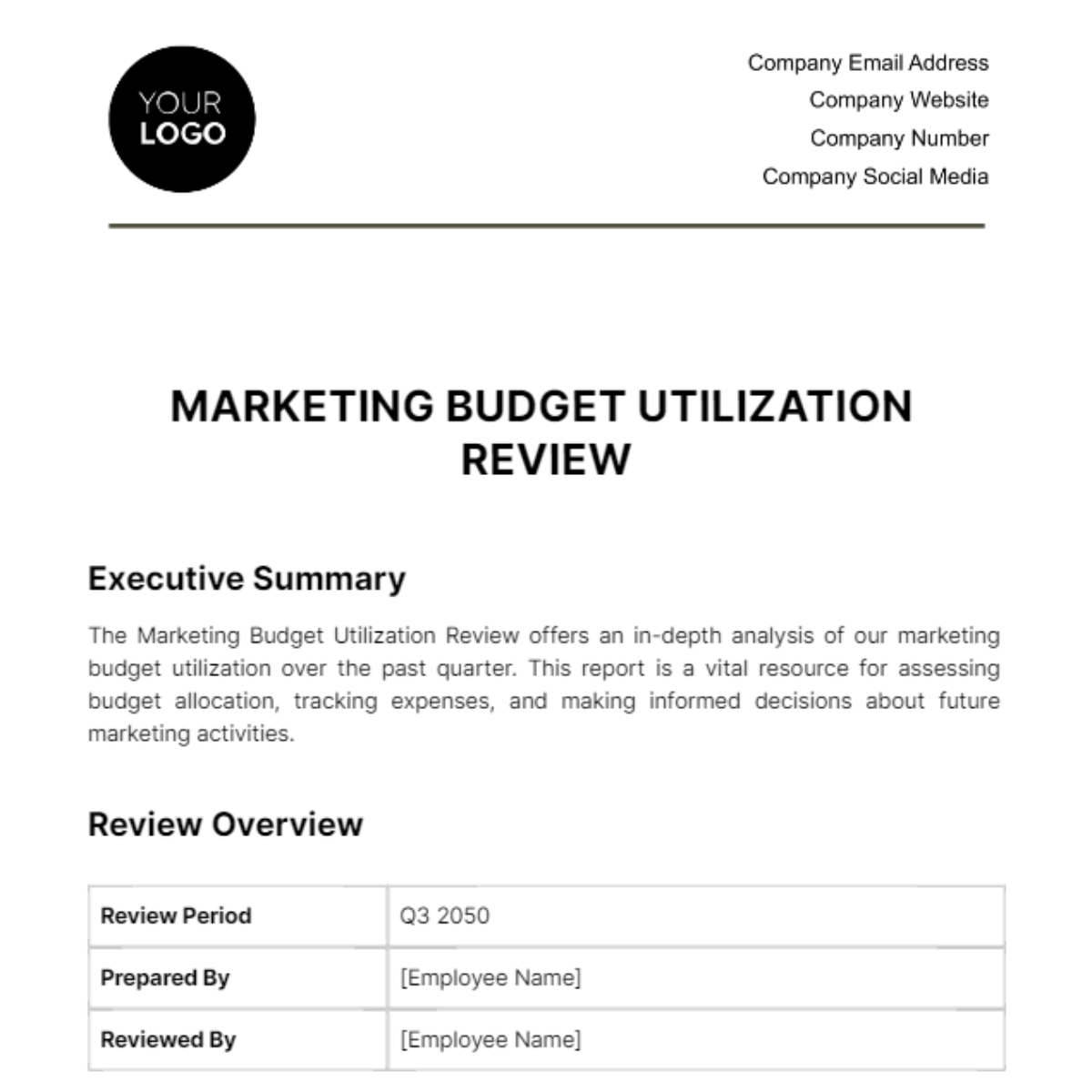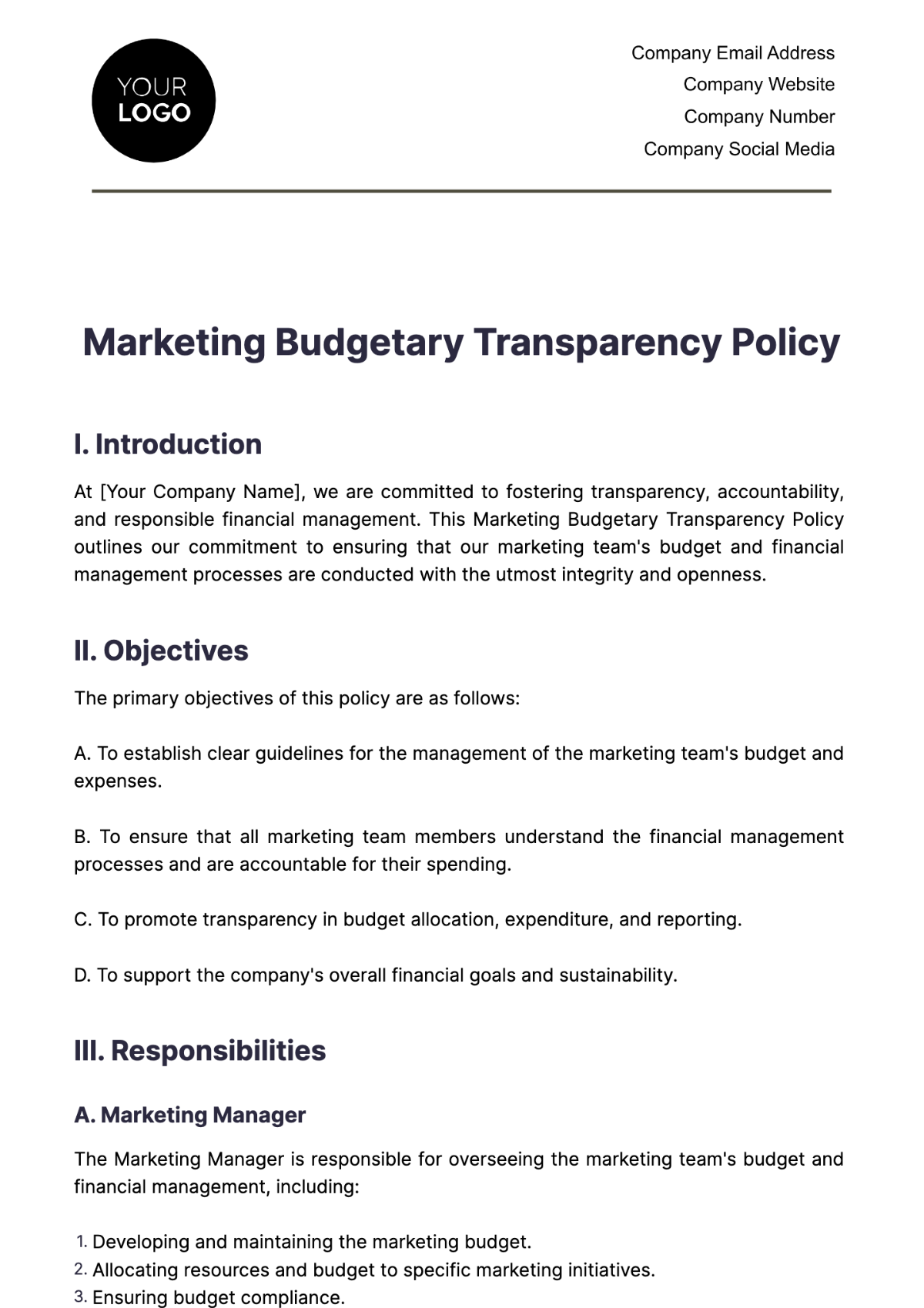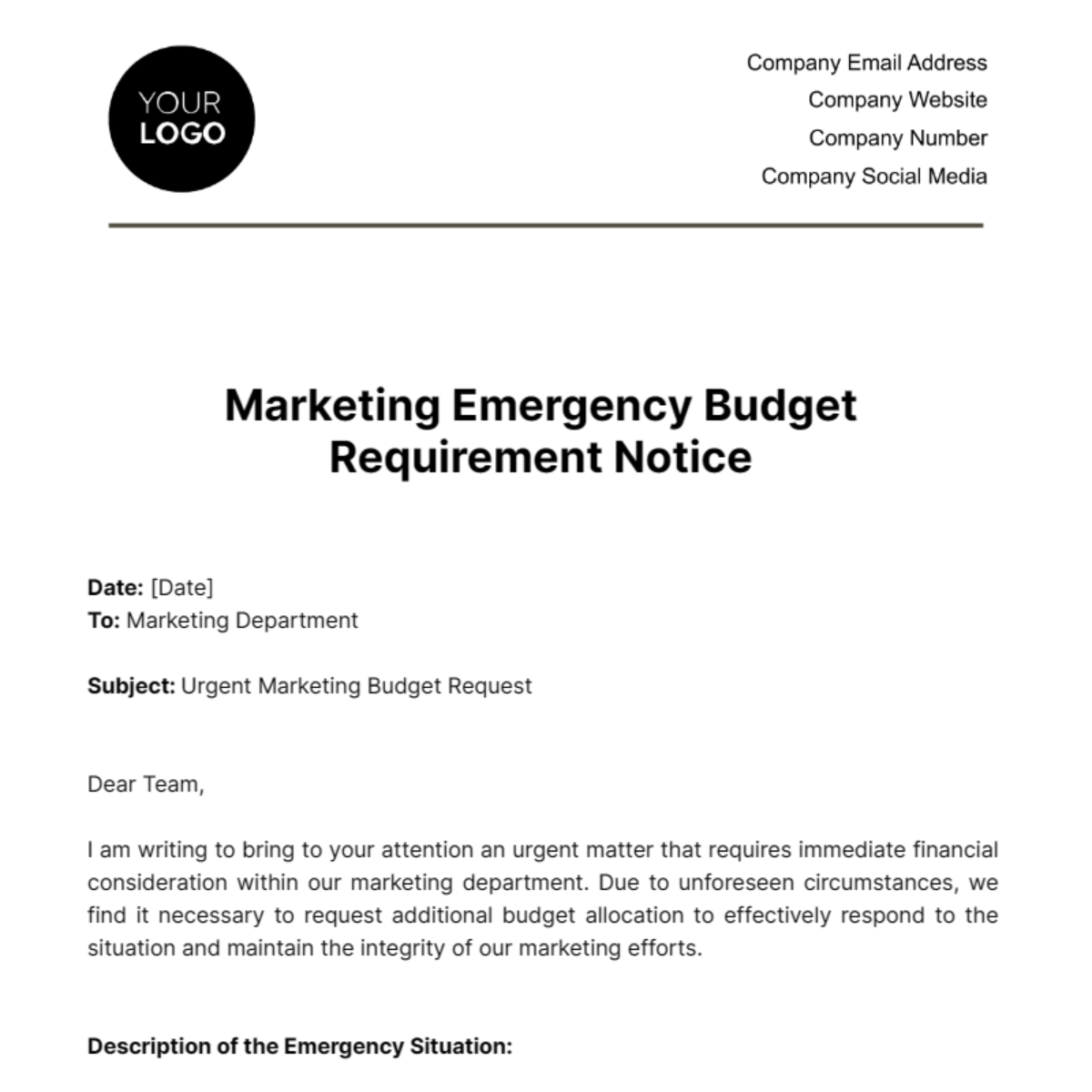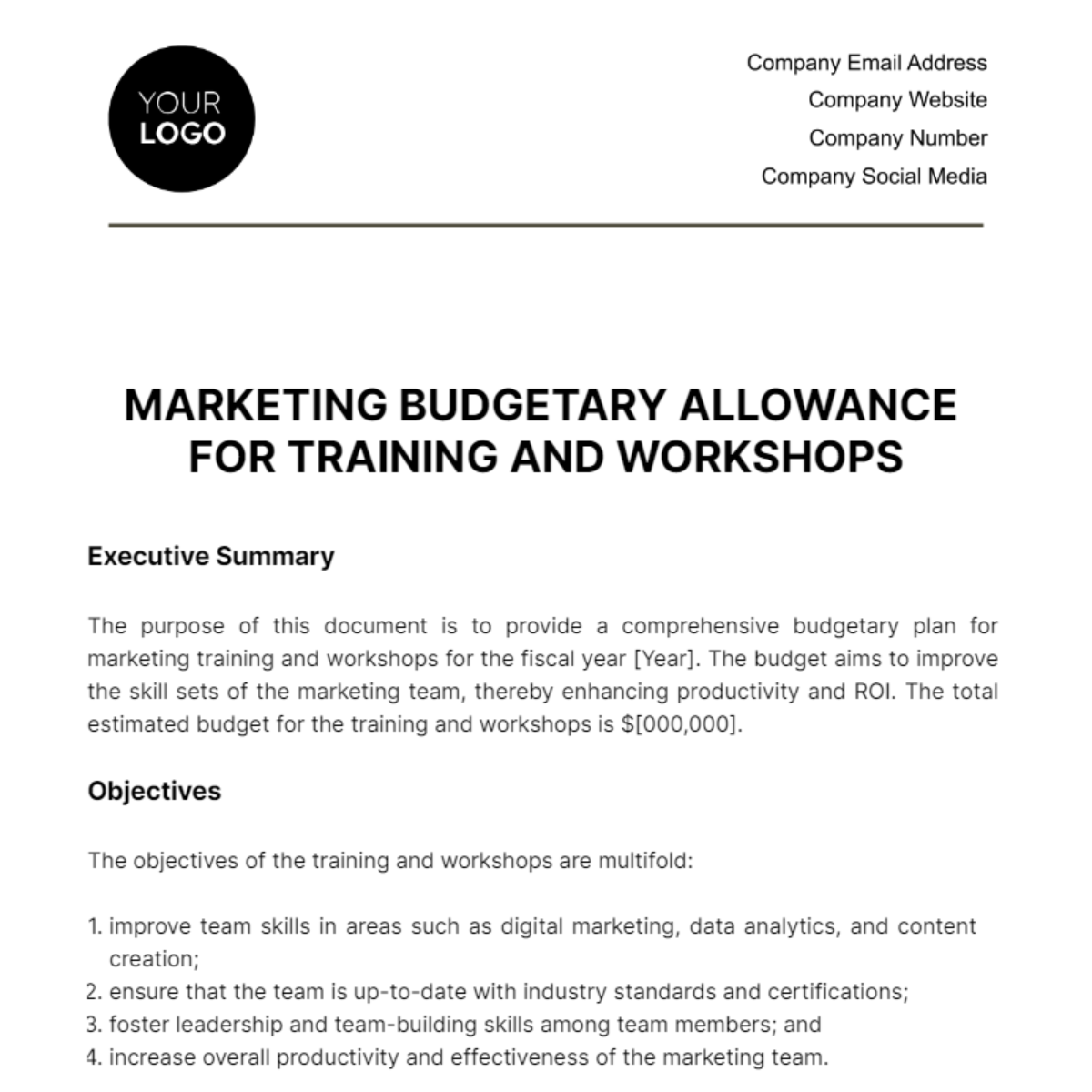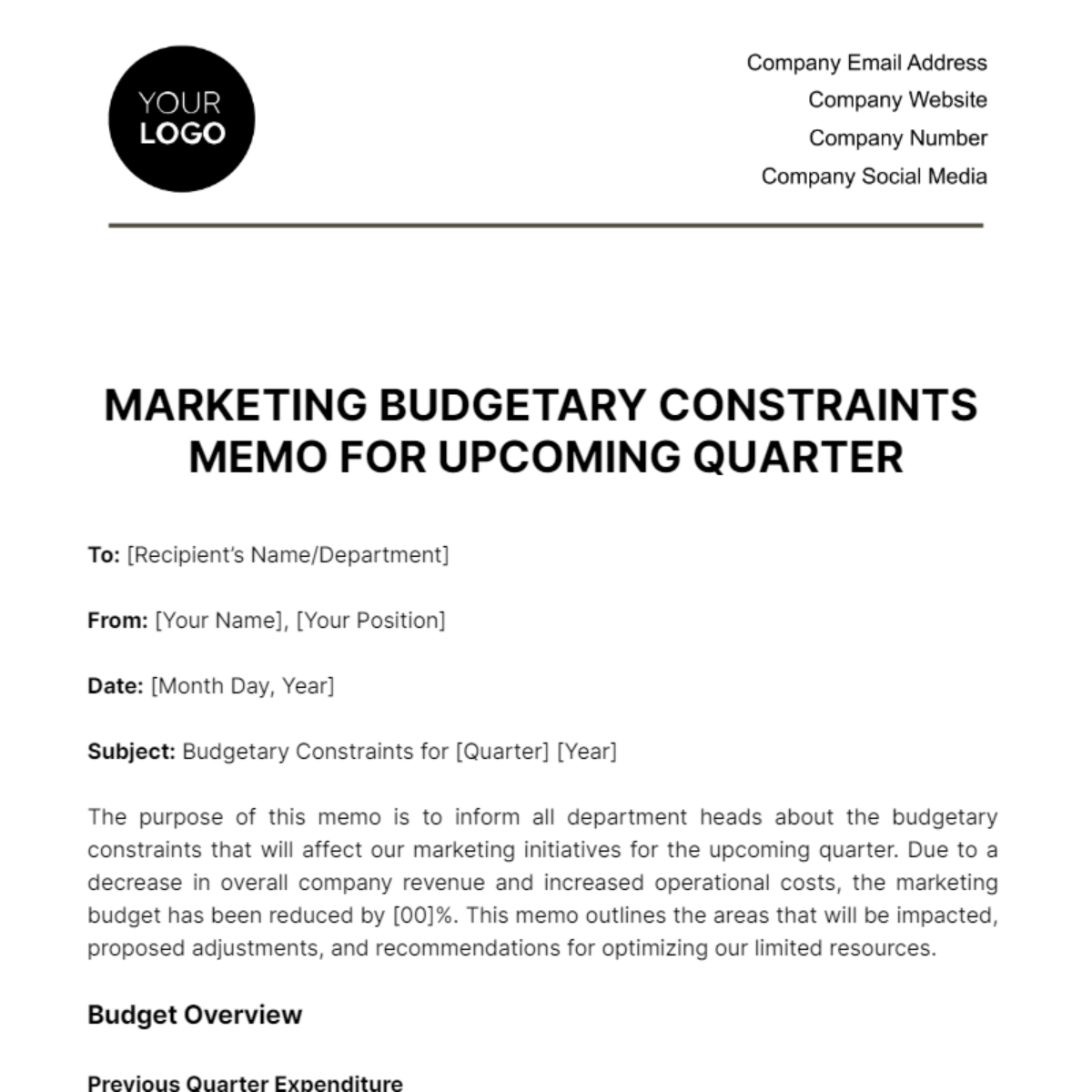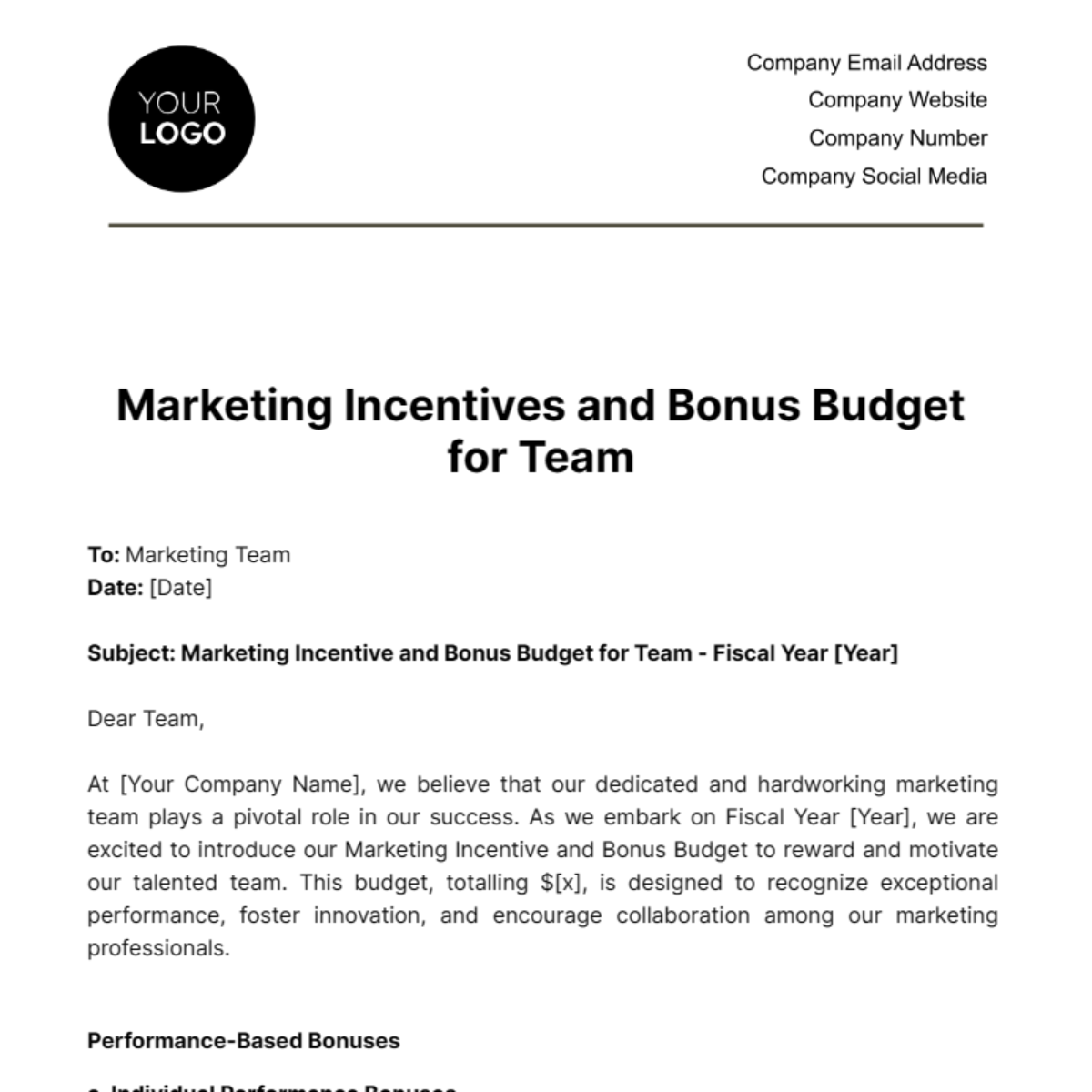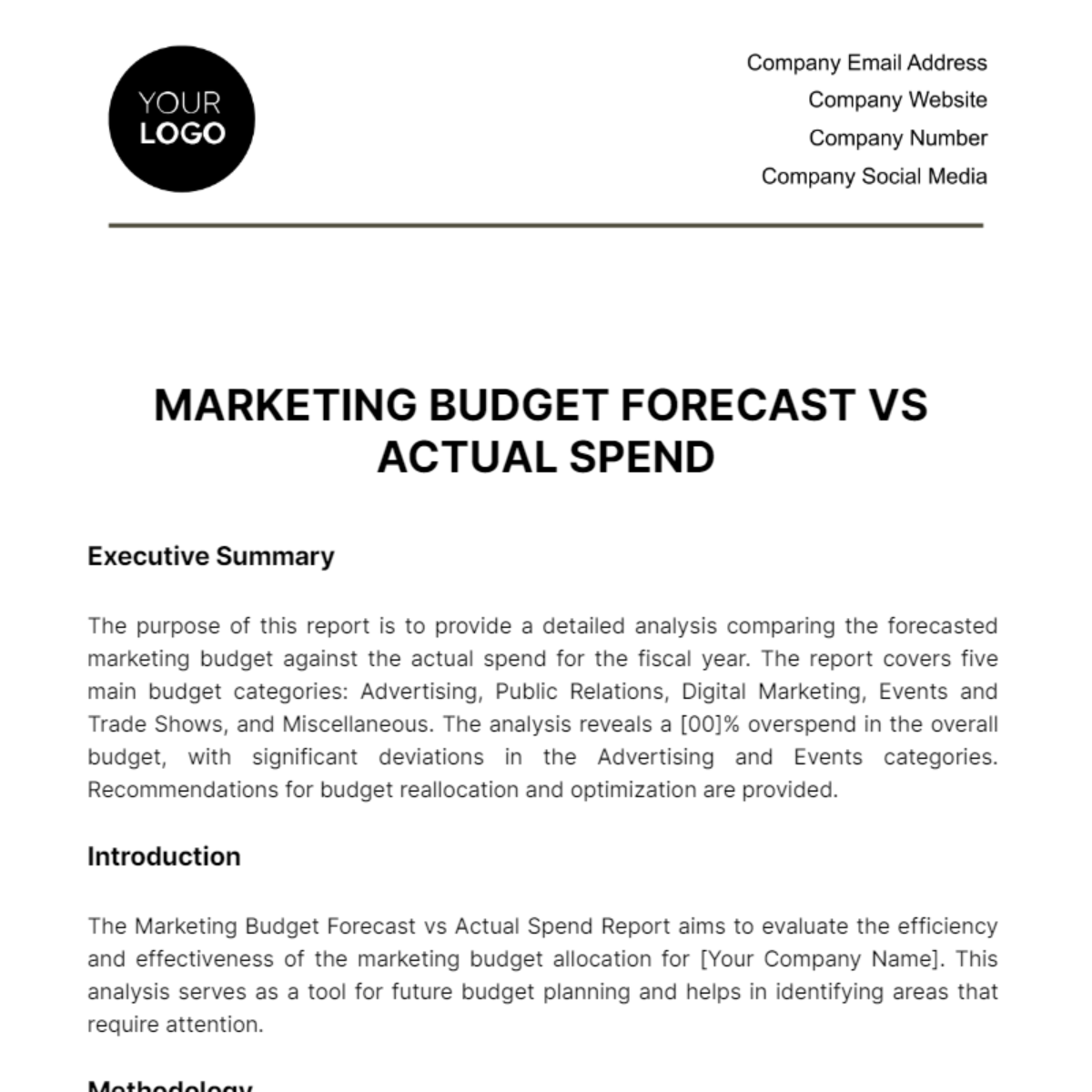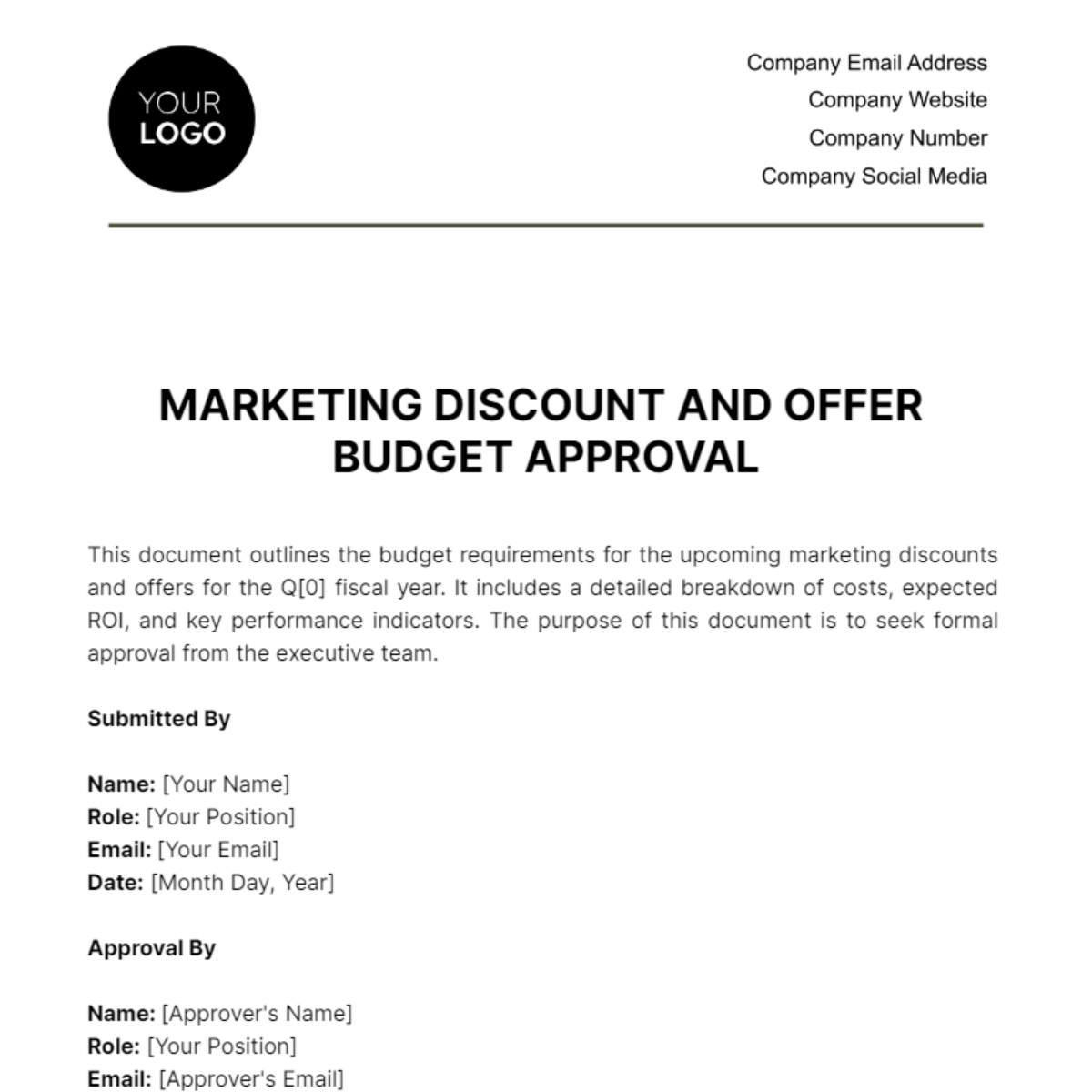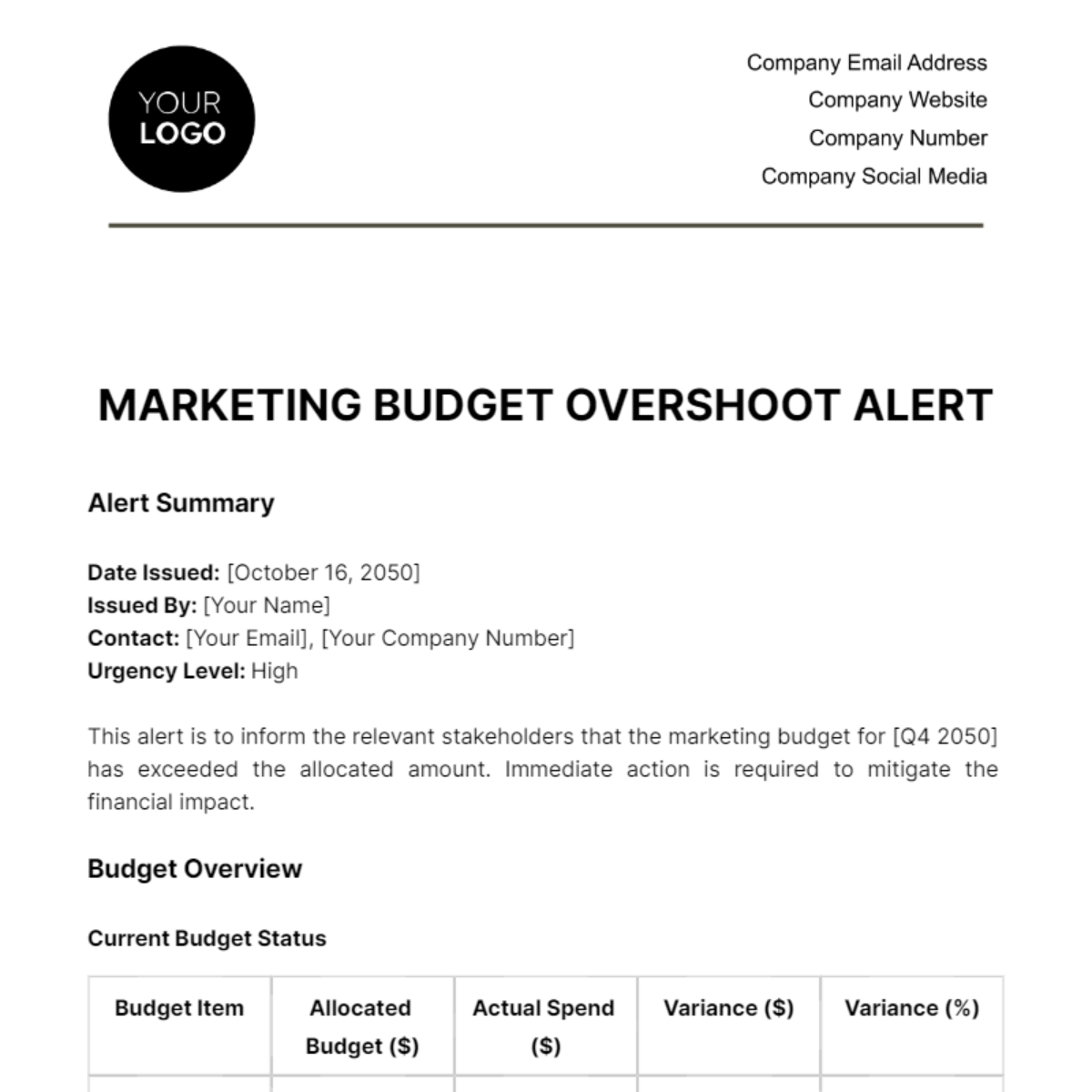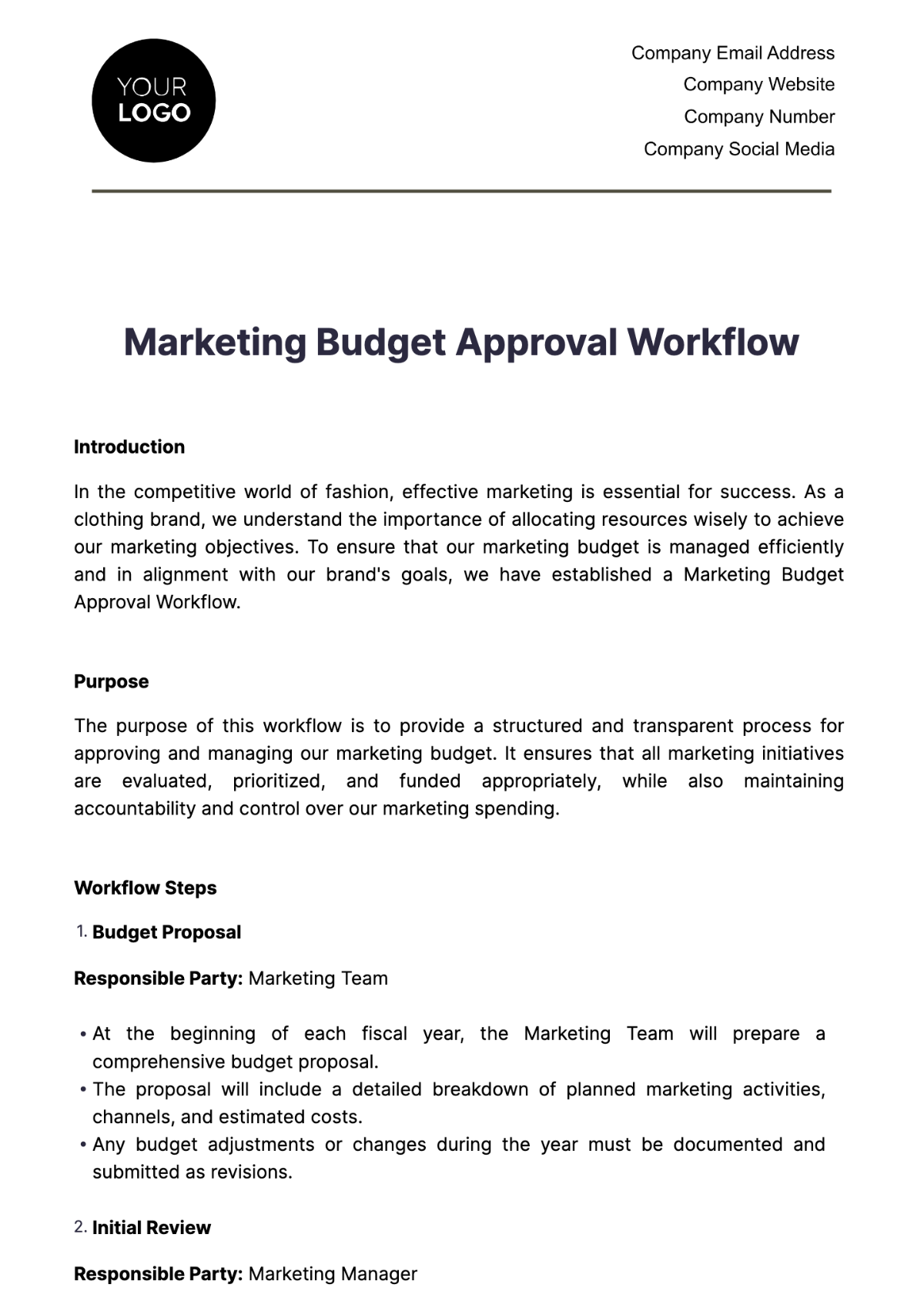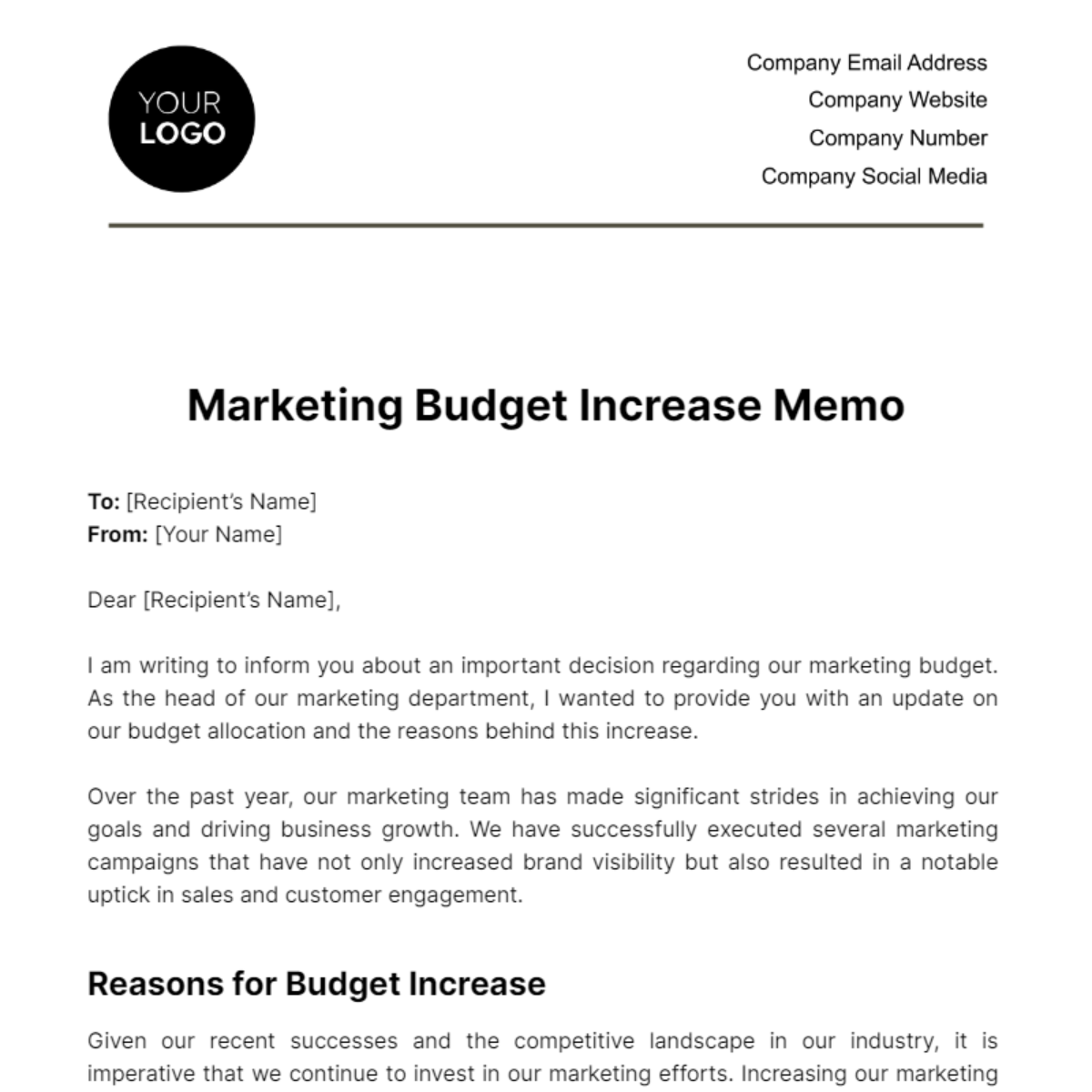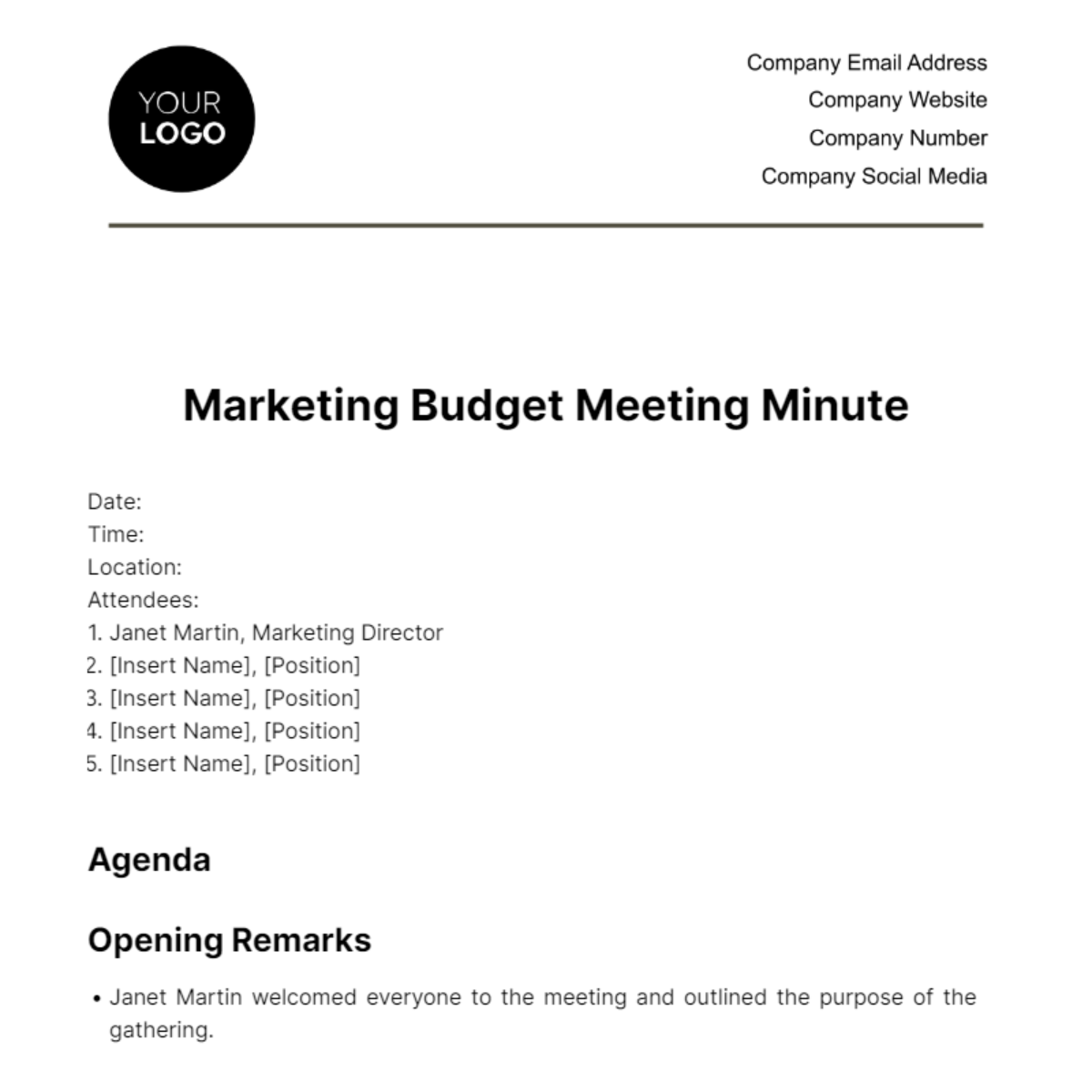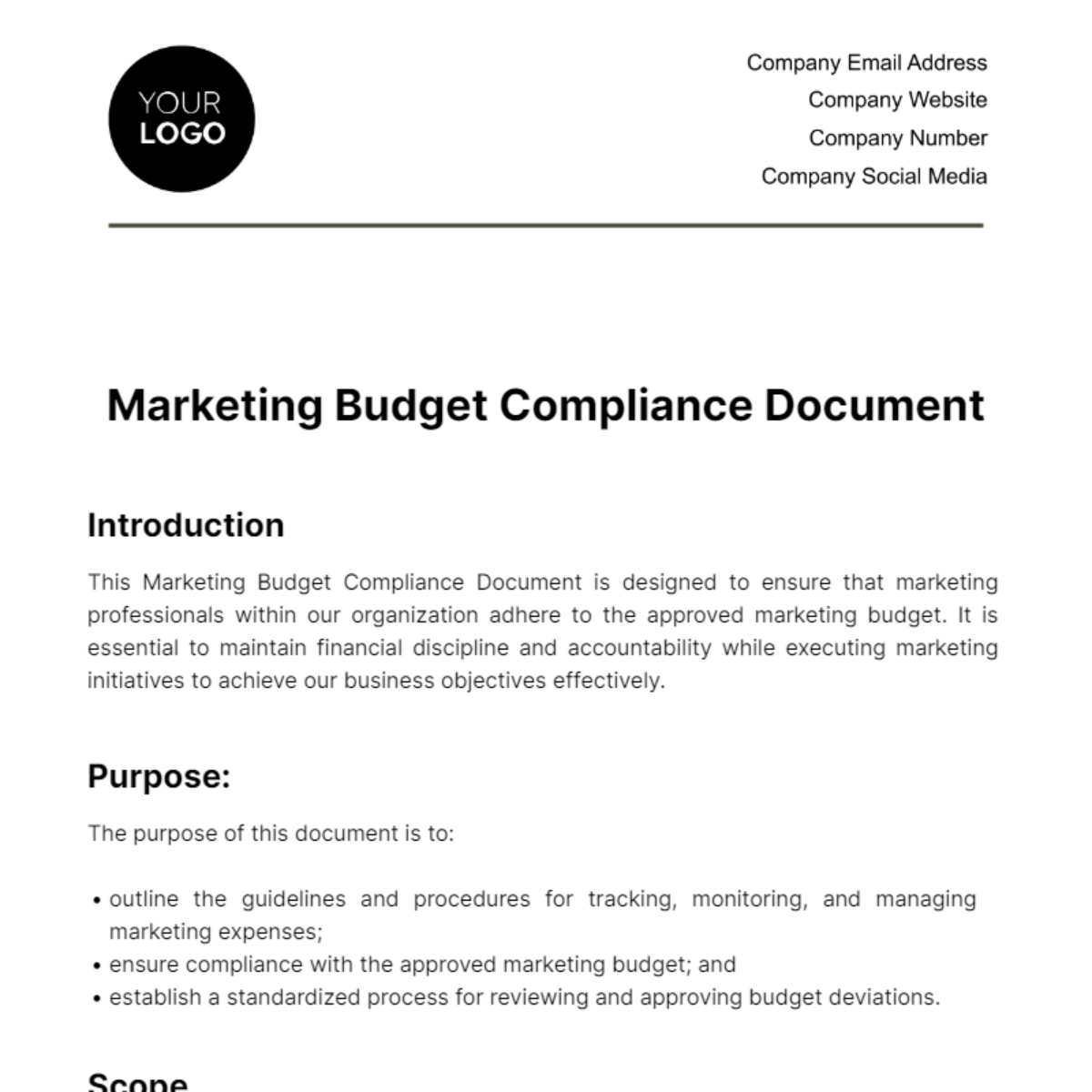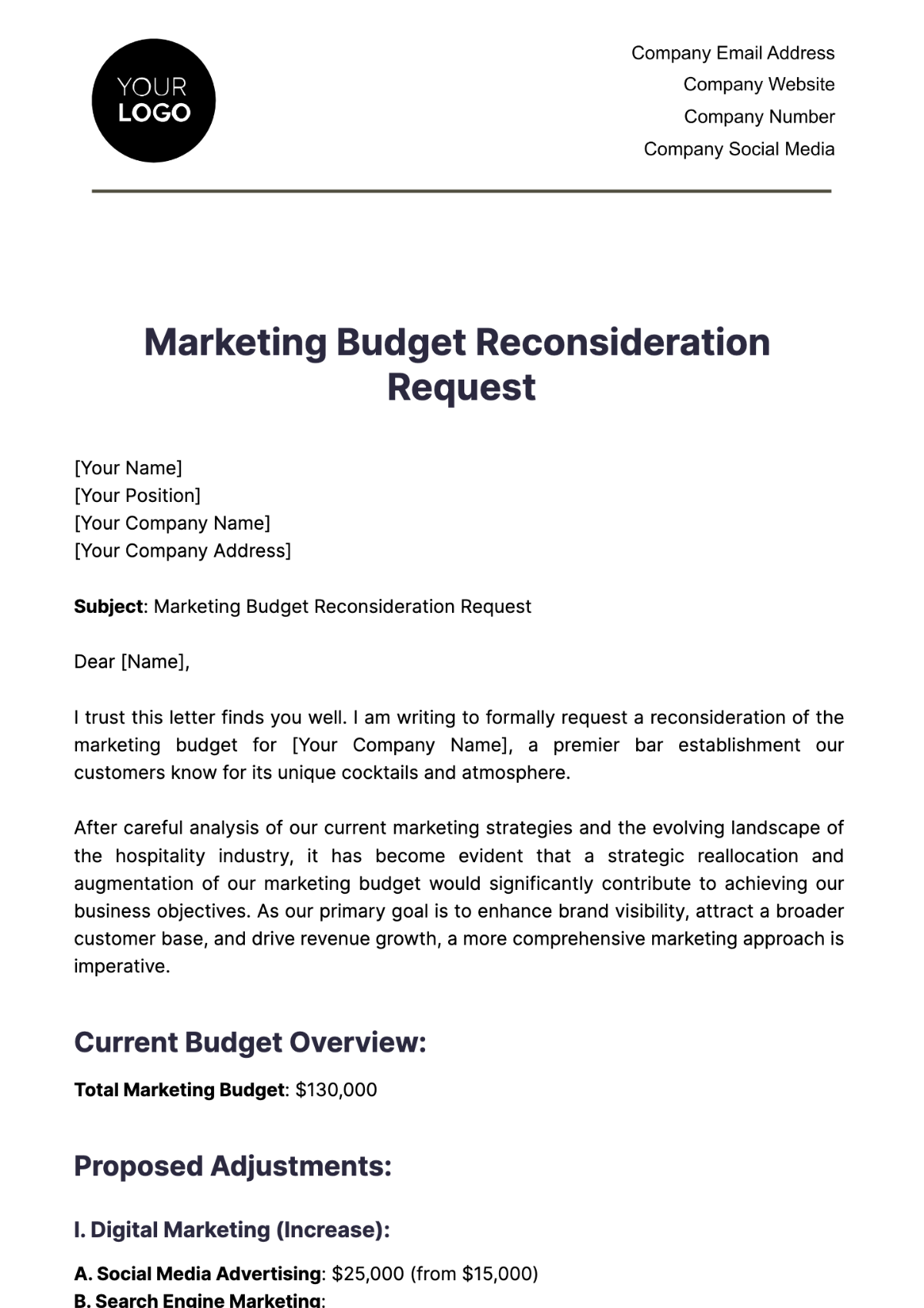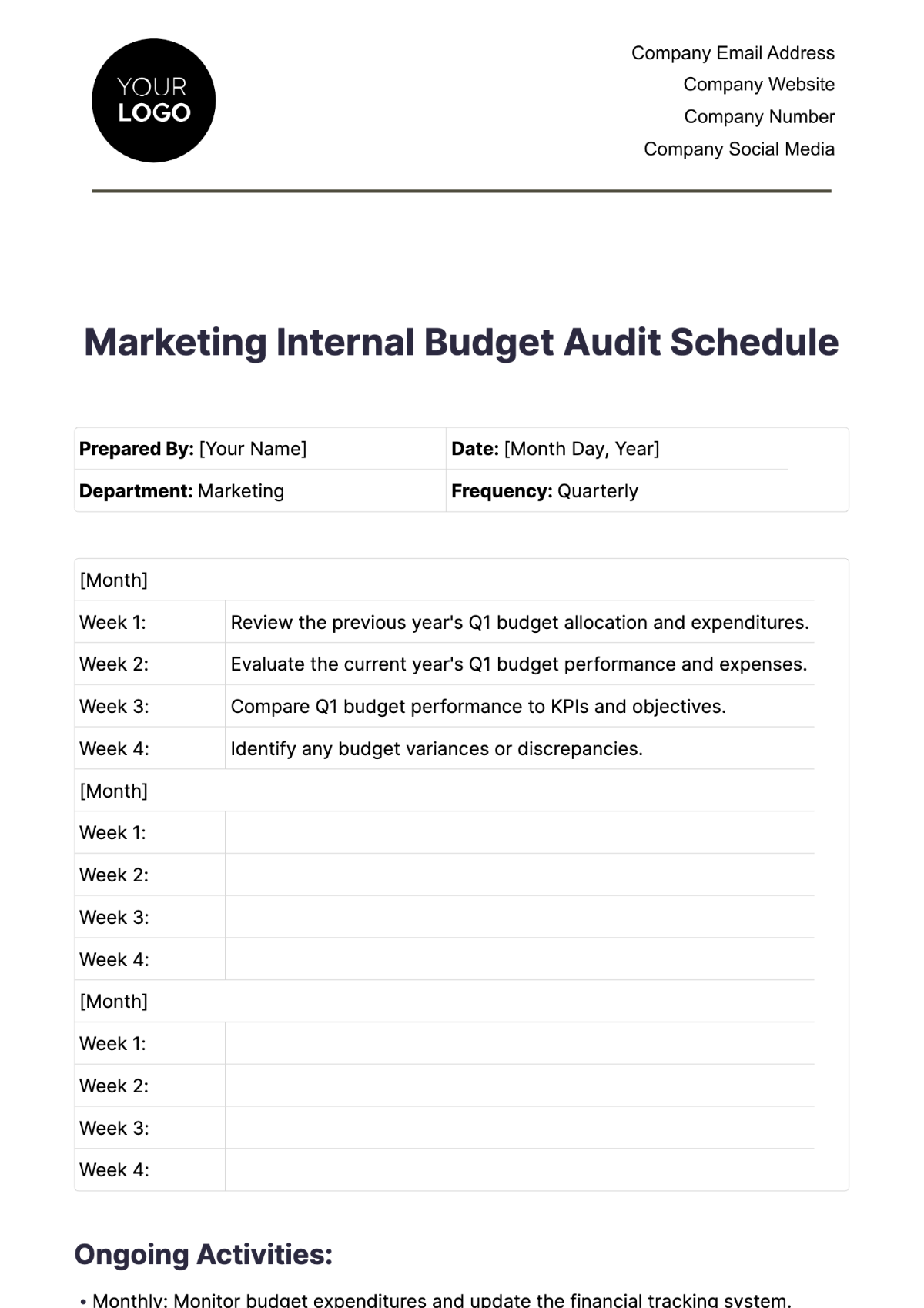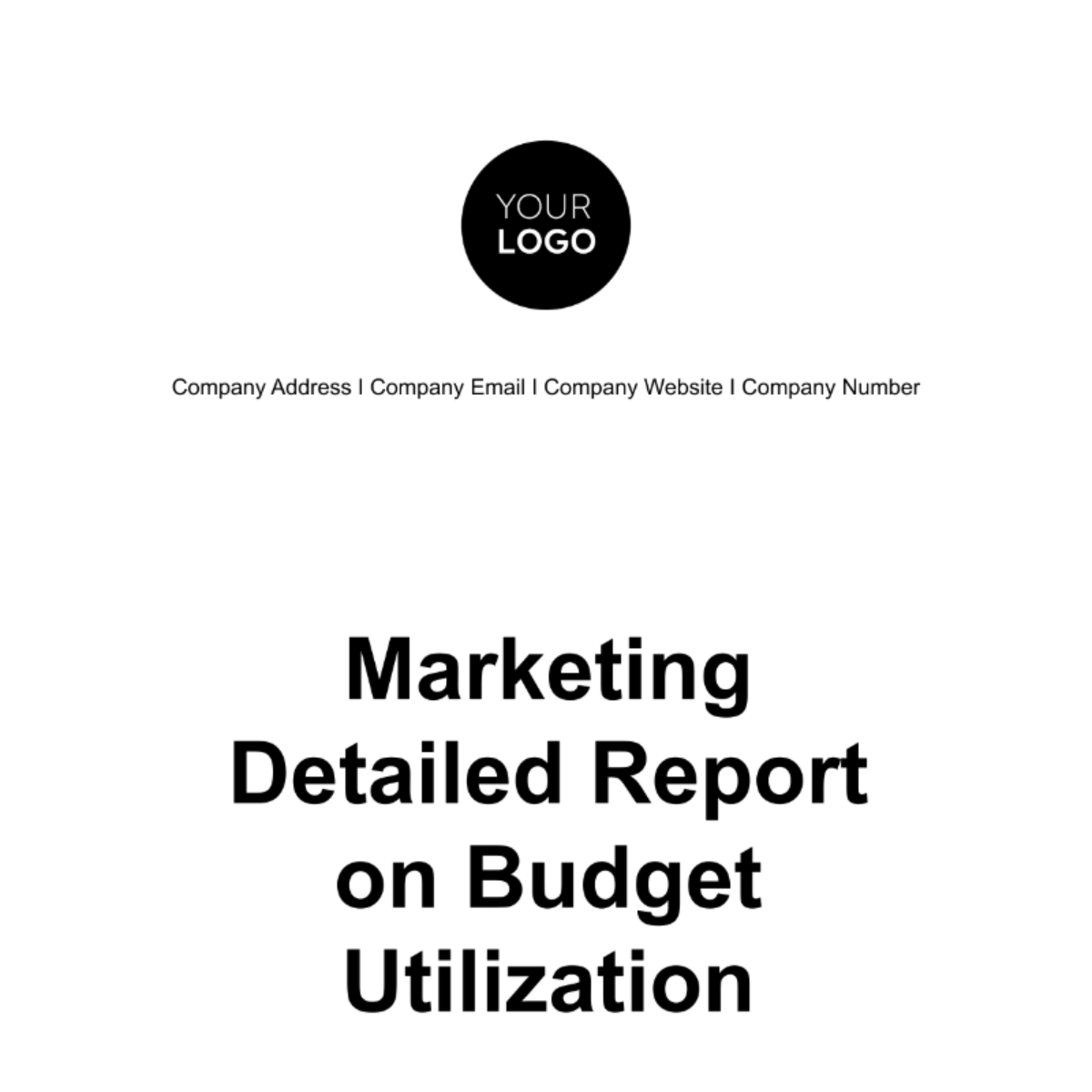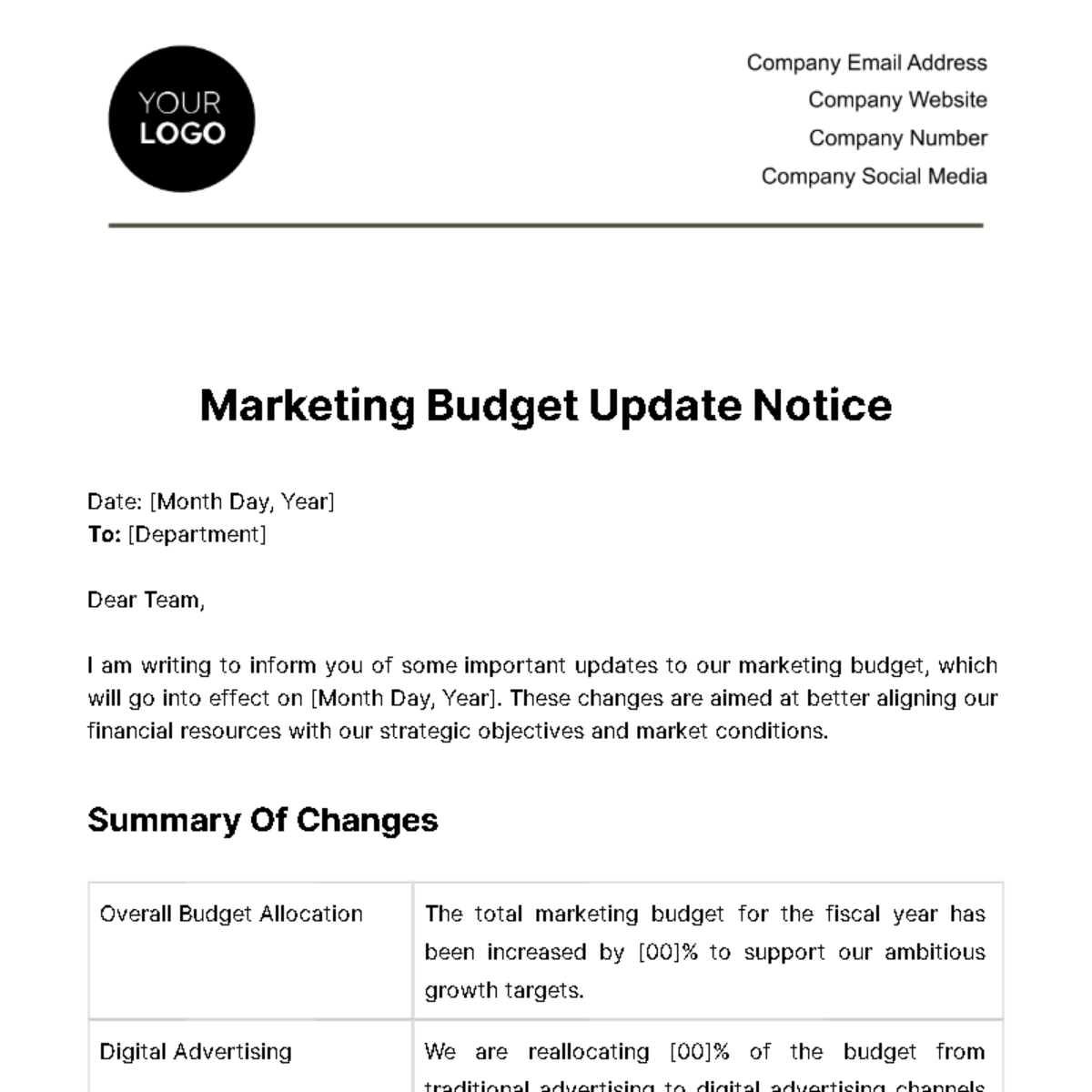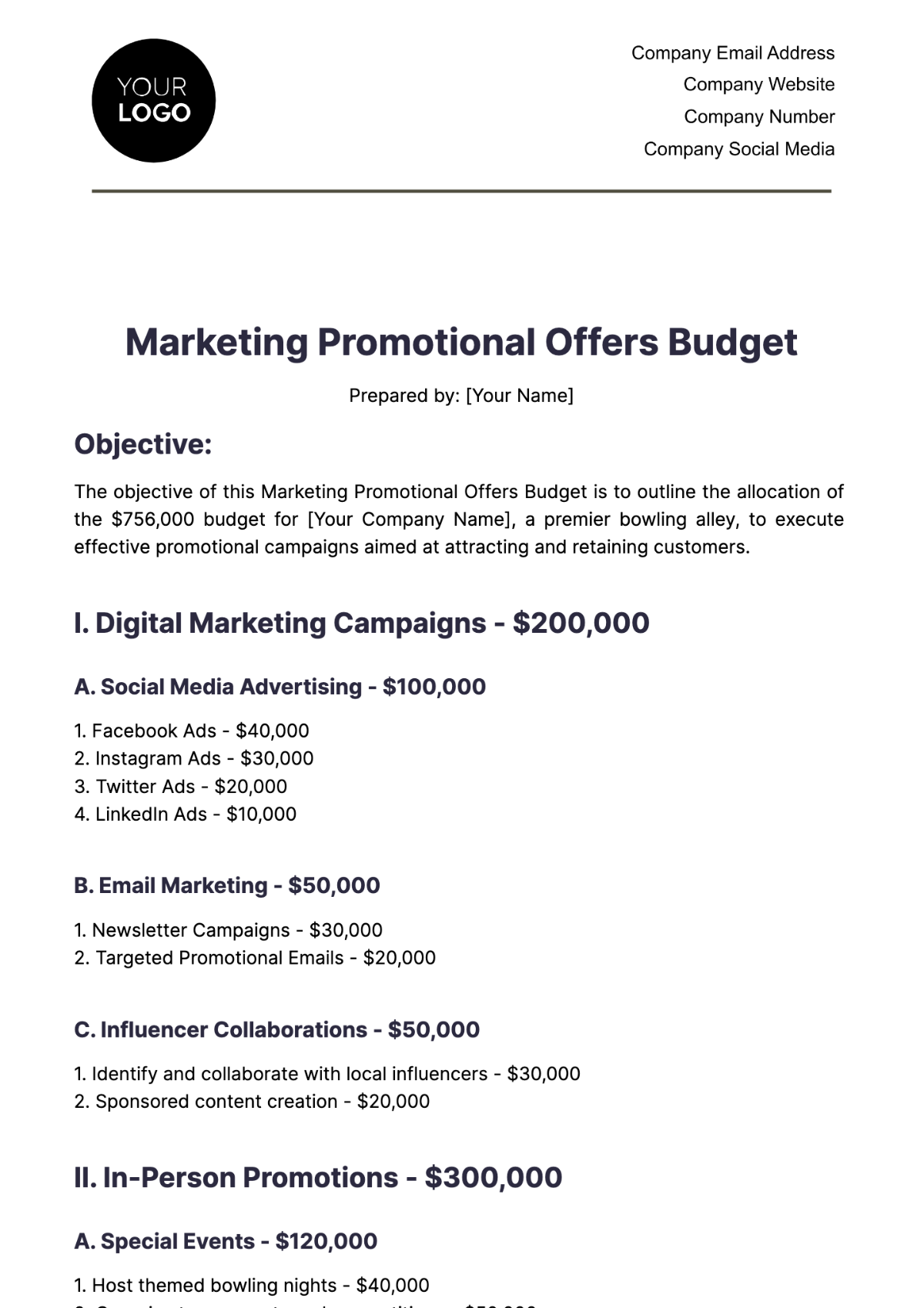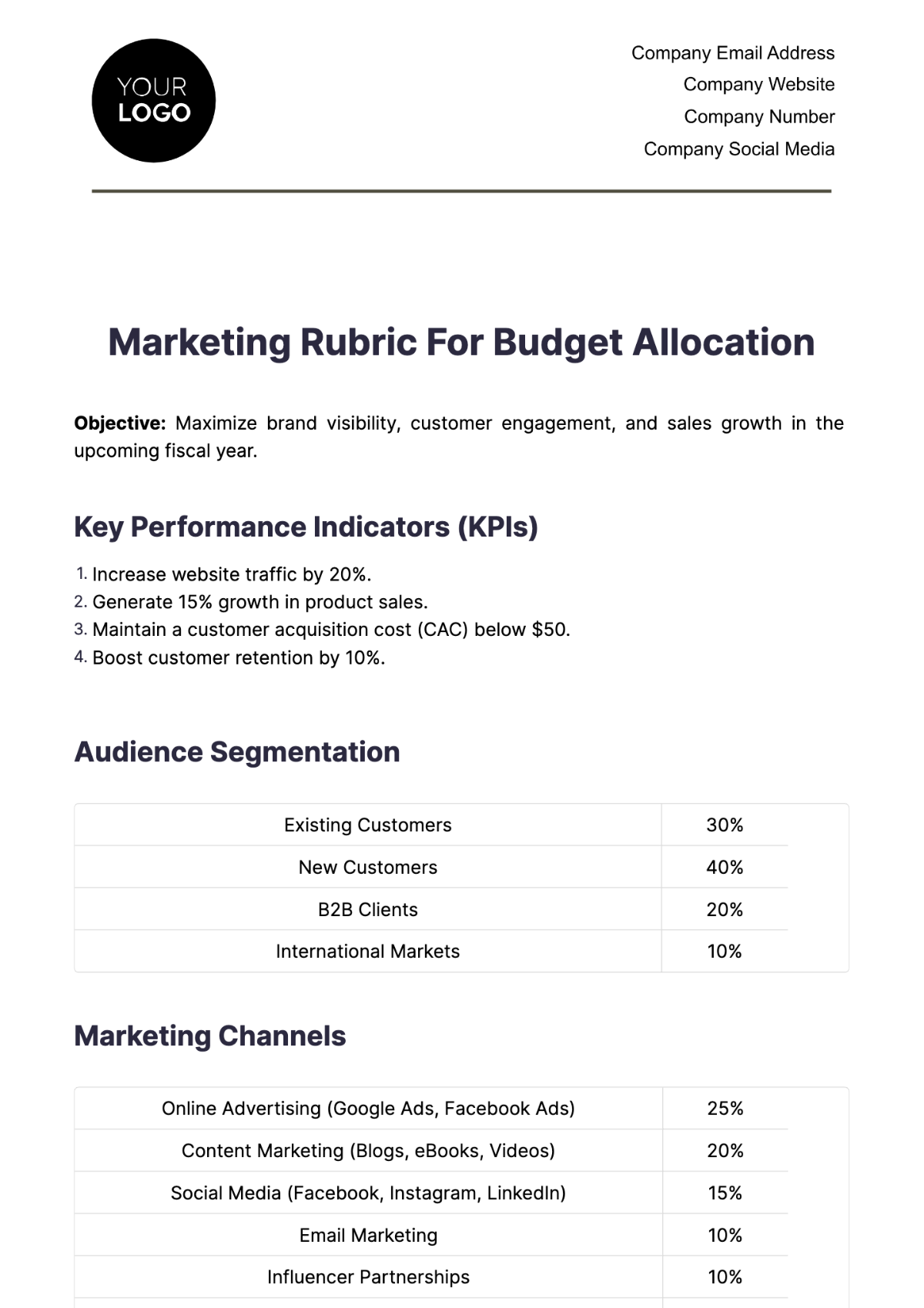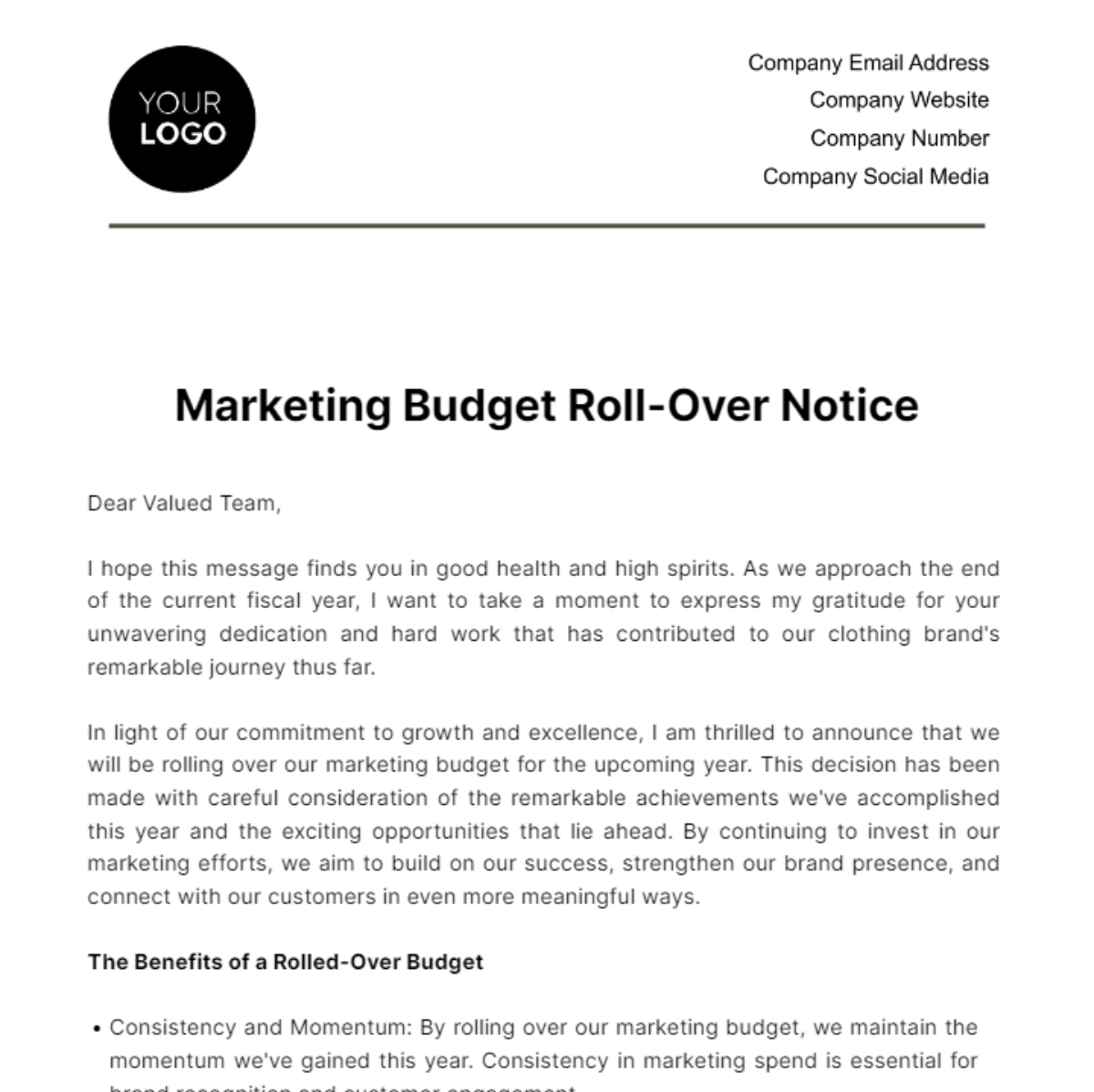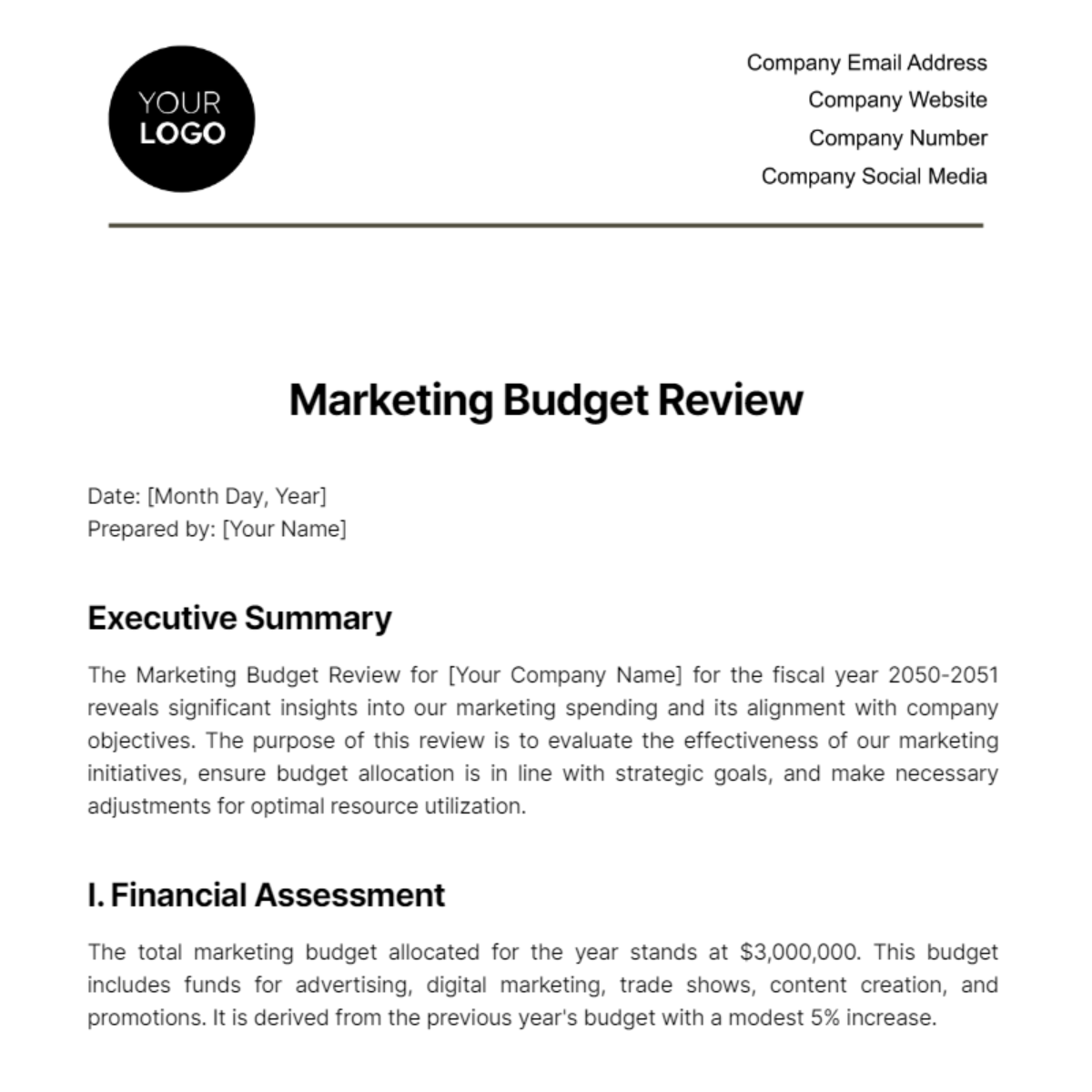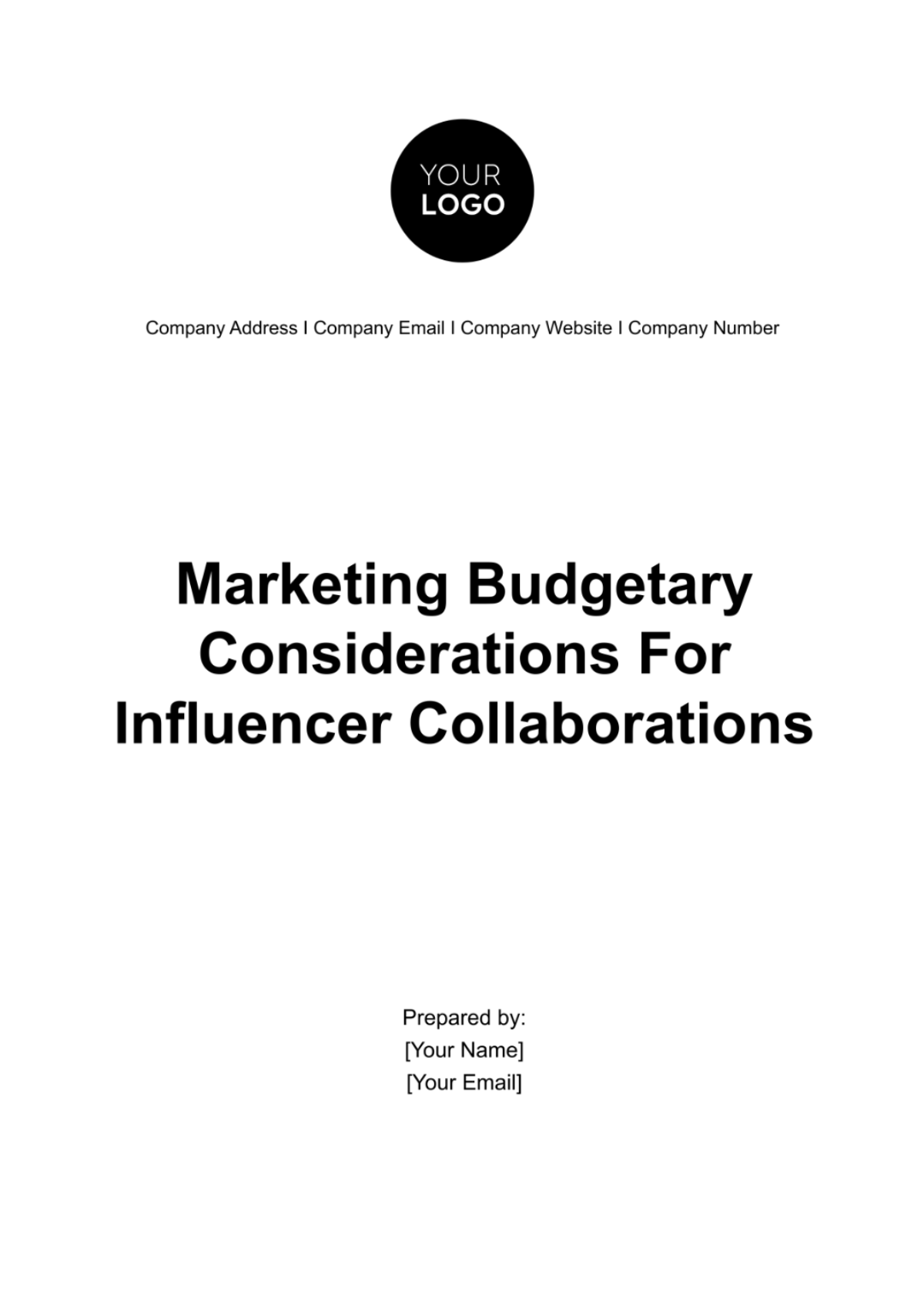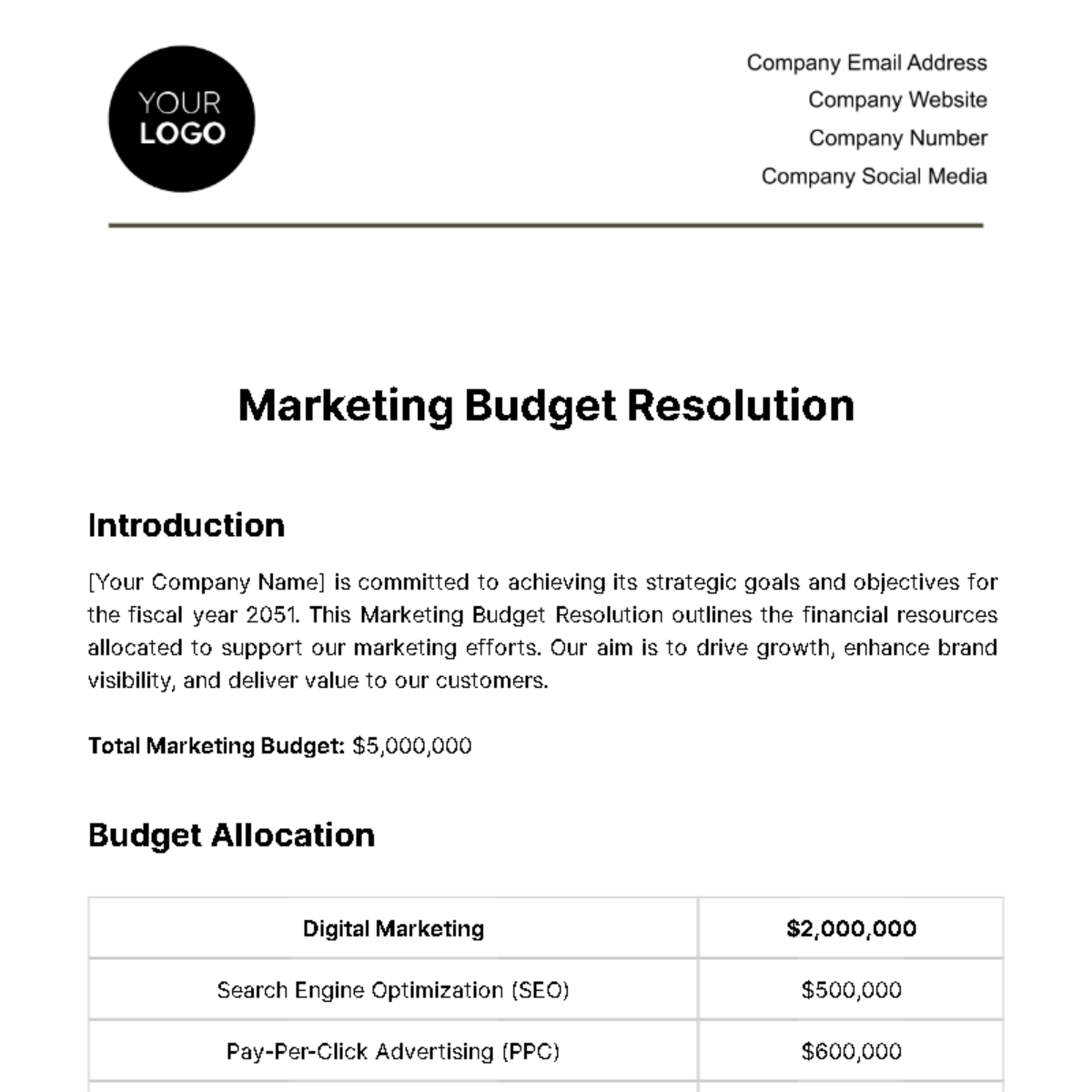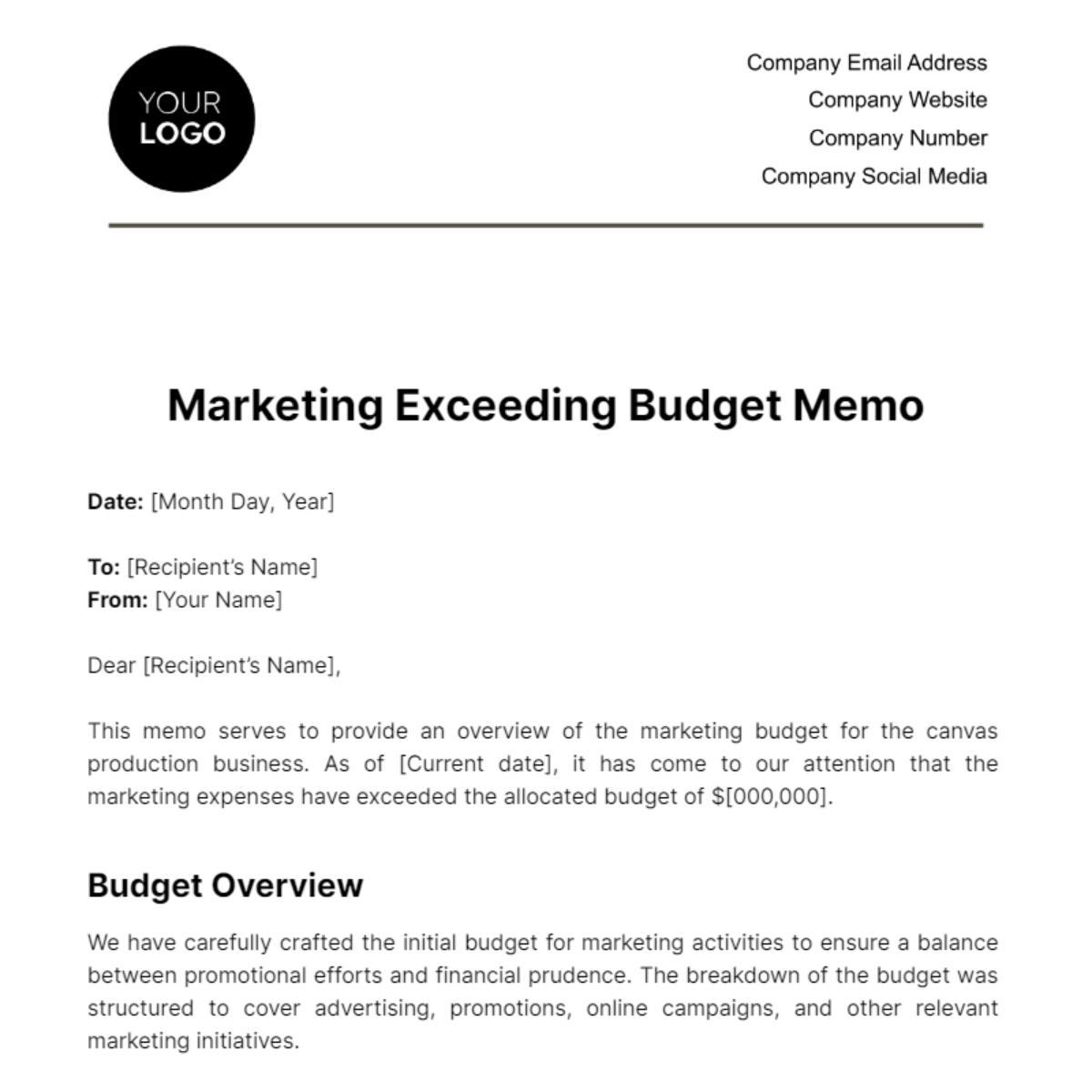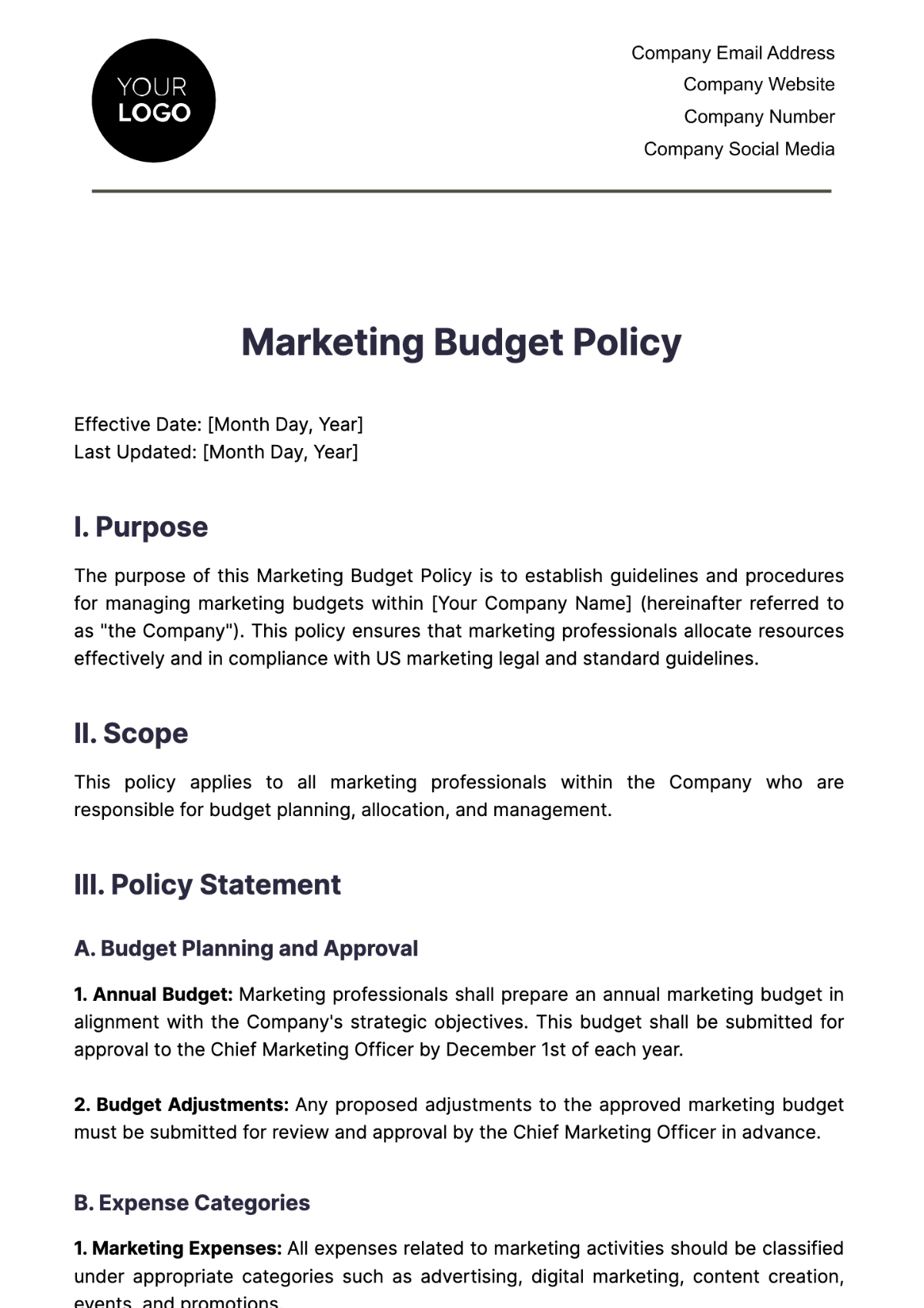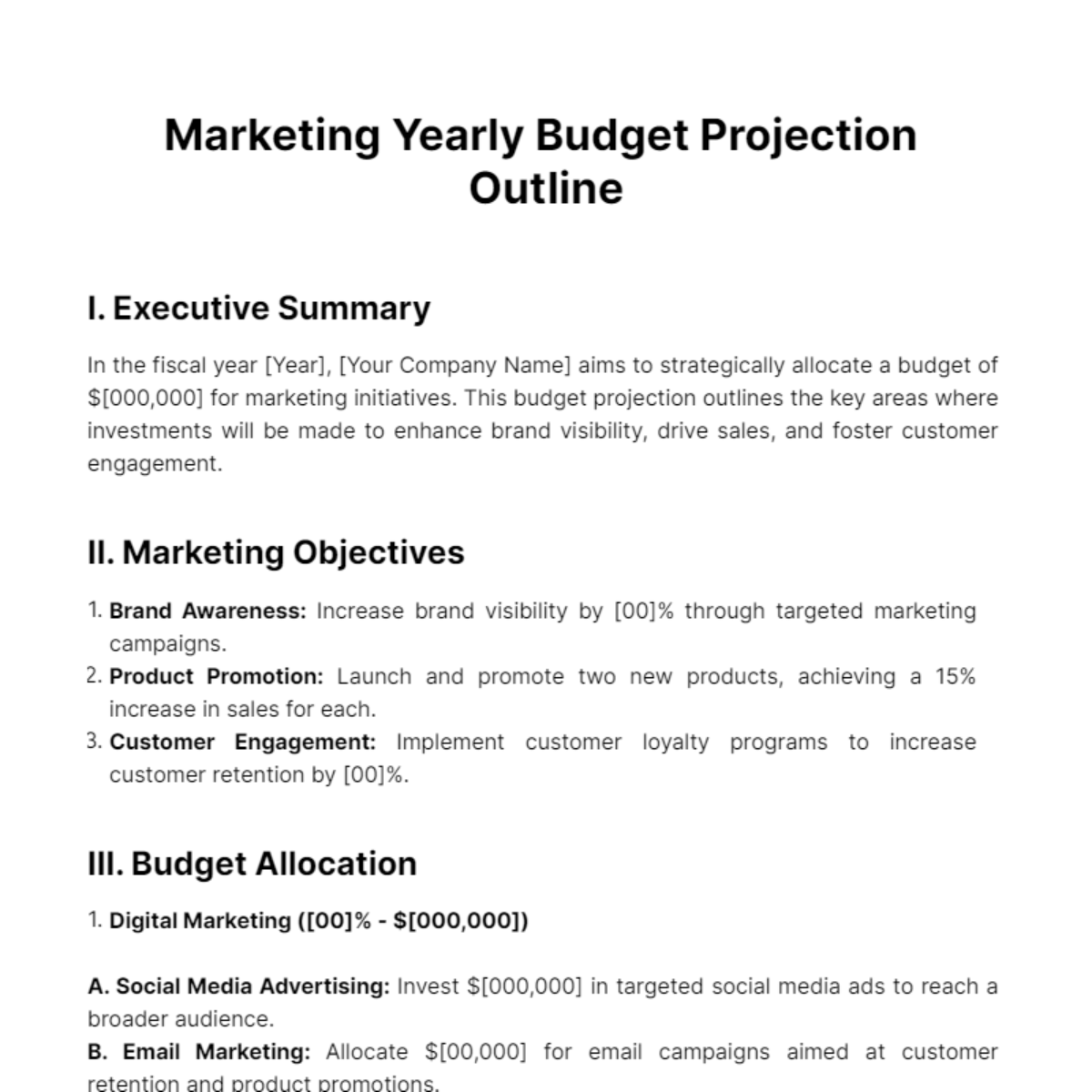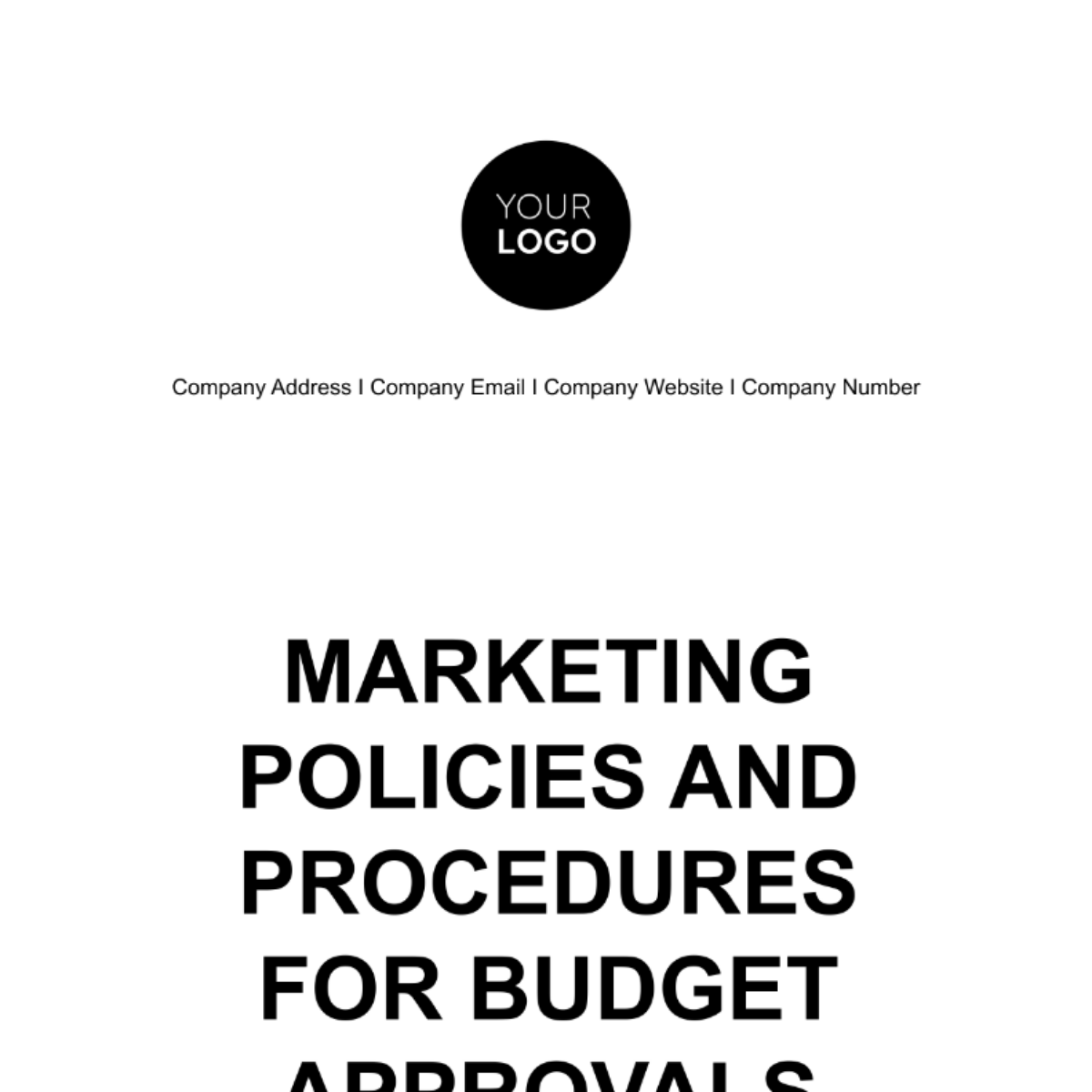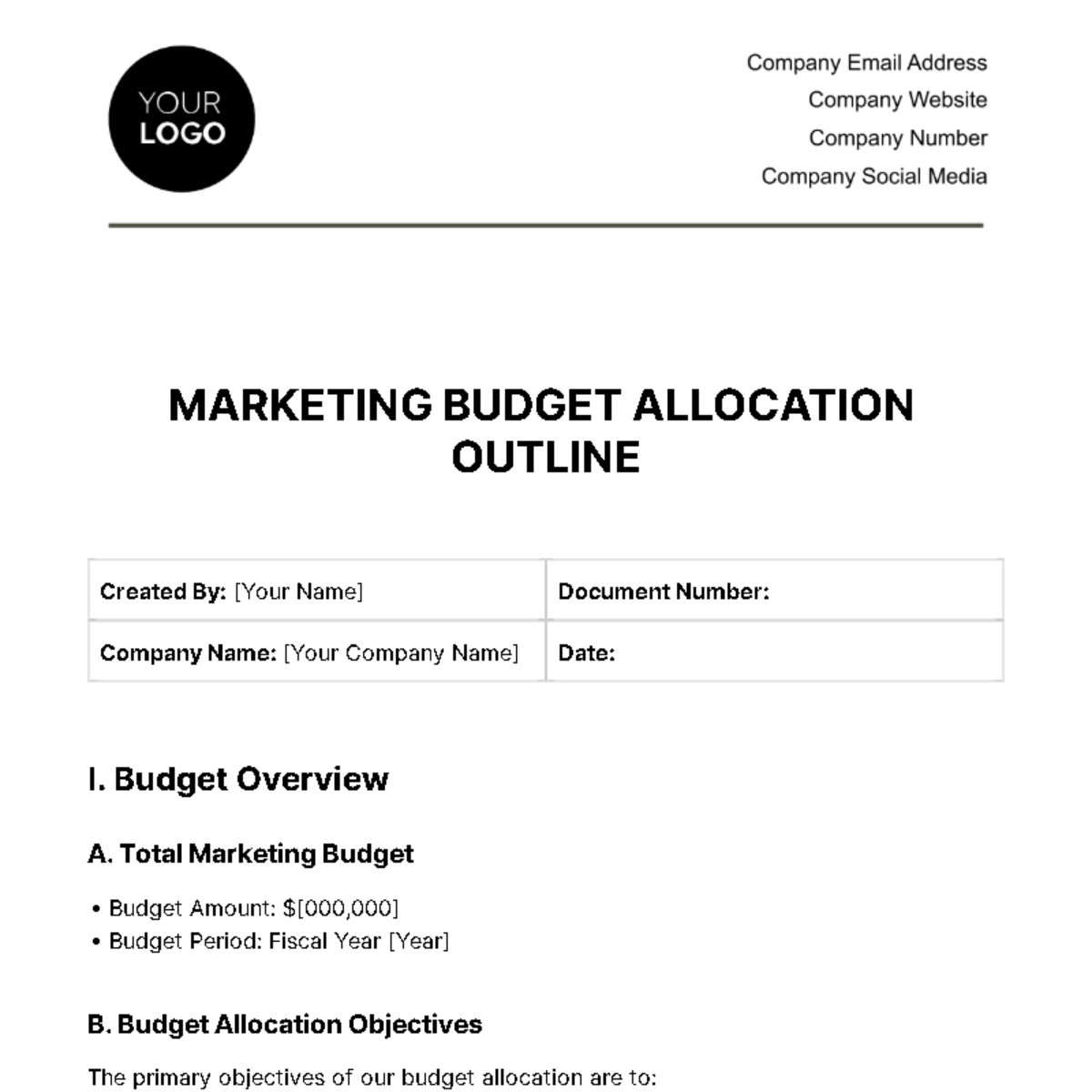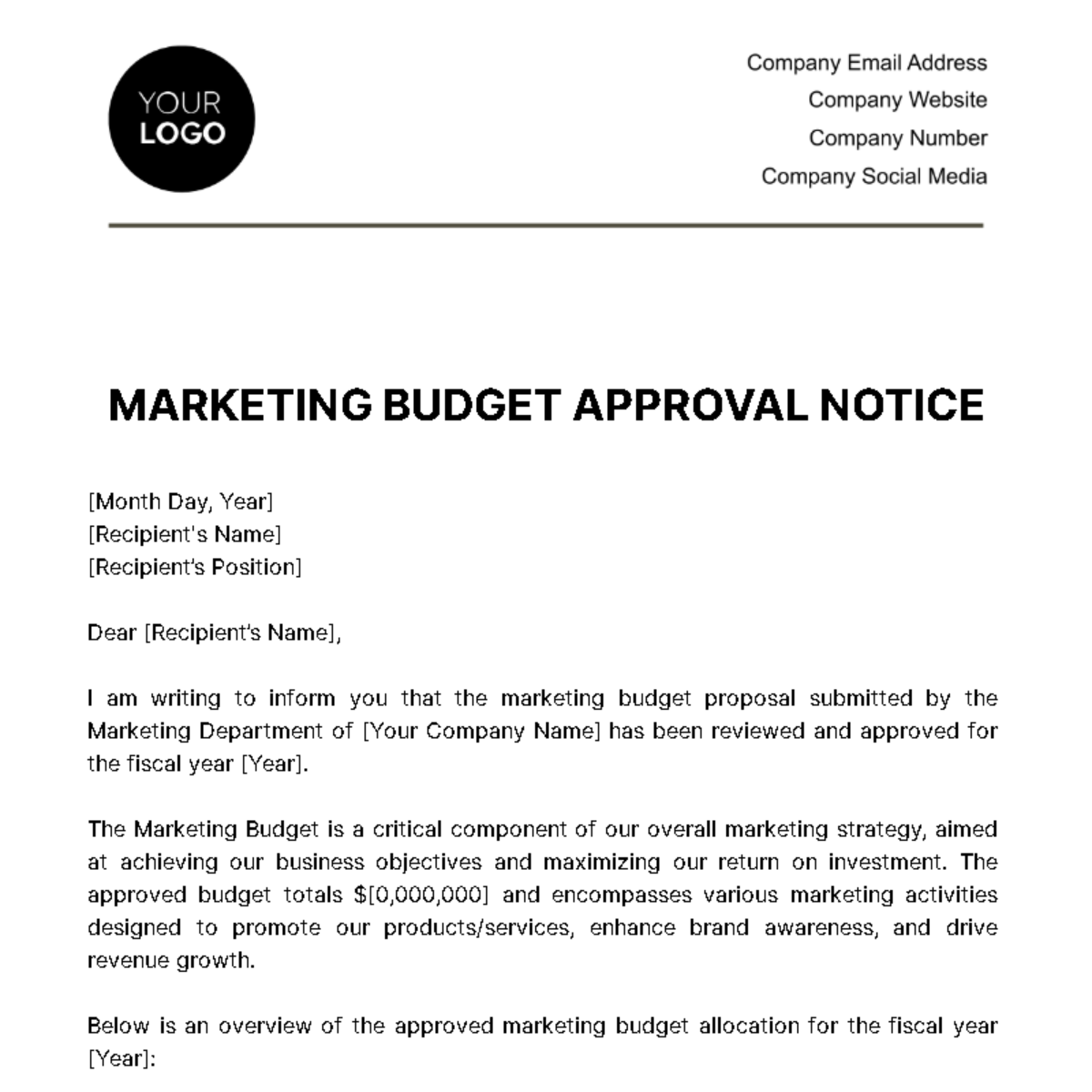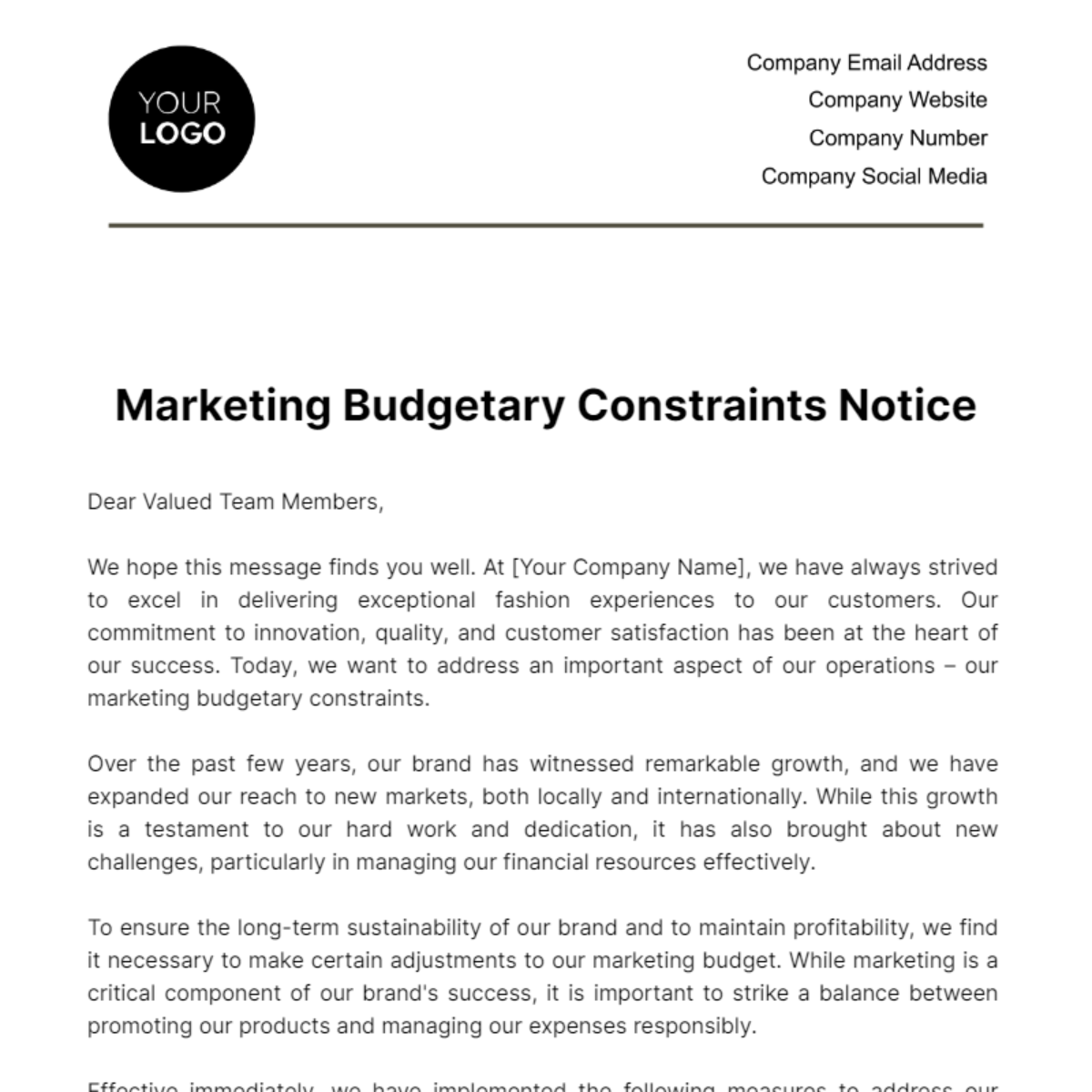Make Your Marketing Strategy to Life with Marketing Budget Templates from Template.net.
Keep your business team engaged, streamline budget planning, and optimize resource allocation with Marketing Budget Templates by Template.net. These templates are designed for marketers and business owners who want to effectively manage their marketing expenses without hassle. Use them to track your quarterly marketing expenses or organize a detailed annual budget. Each template comes with sections for expenses, revenue projections, and ROI calculations, eliminating the guesswork in financial planning. And the best part? There's no need for advanced Excel skills or design software. Simply download the professional-grade templates and start customizing them to fit your needs. With options for both print and digital formats, adapting these templates to suit your distribution channel is a breeze.
Discover the many Marketing Budget Templates we have on hand, offering versatility and ease of use. Begin by selecting a template tailored to your specific needs, then effortlessly swap in your financial data and tweak the colors and fonts to match your company branding. For an added touch, use the drag-and-drop feature to incorporate custom icons and graphics, or add animated effects for presentations. The possibilities are as limitless as they are skill-free, making it fun and easy for anyone to create a polished and professional budget. With regularly updated templates, you'll always have access to fresh designs. Once you're satisfied with your custom budget, download it in your chosen format or share it instantly via email or through a convenient link for real-time collaboration. Ideal for multiple channels, these templates ensure your budget is as dynamic and adaptable as your marketing strategy.



